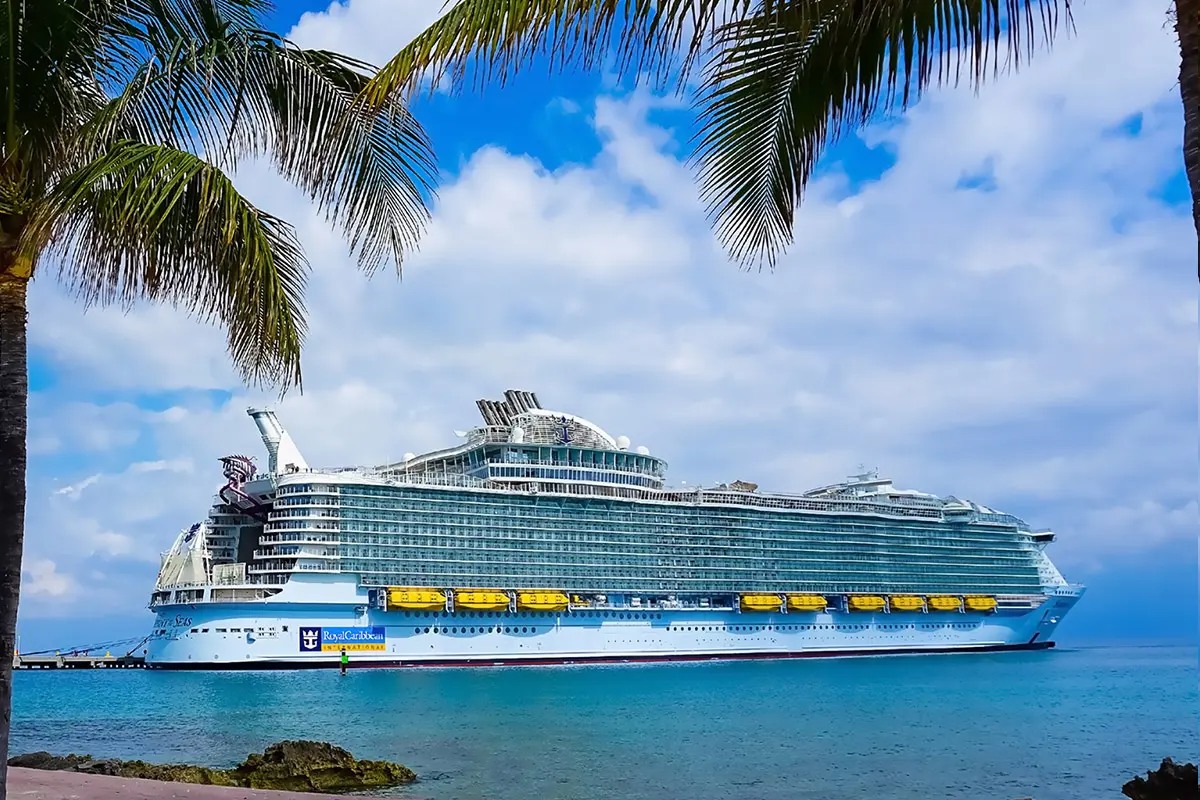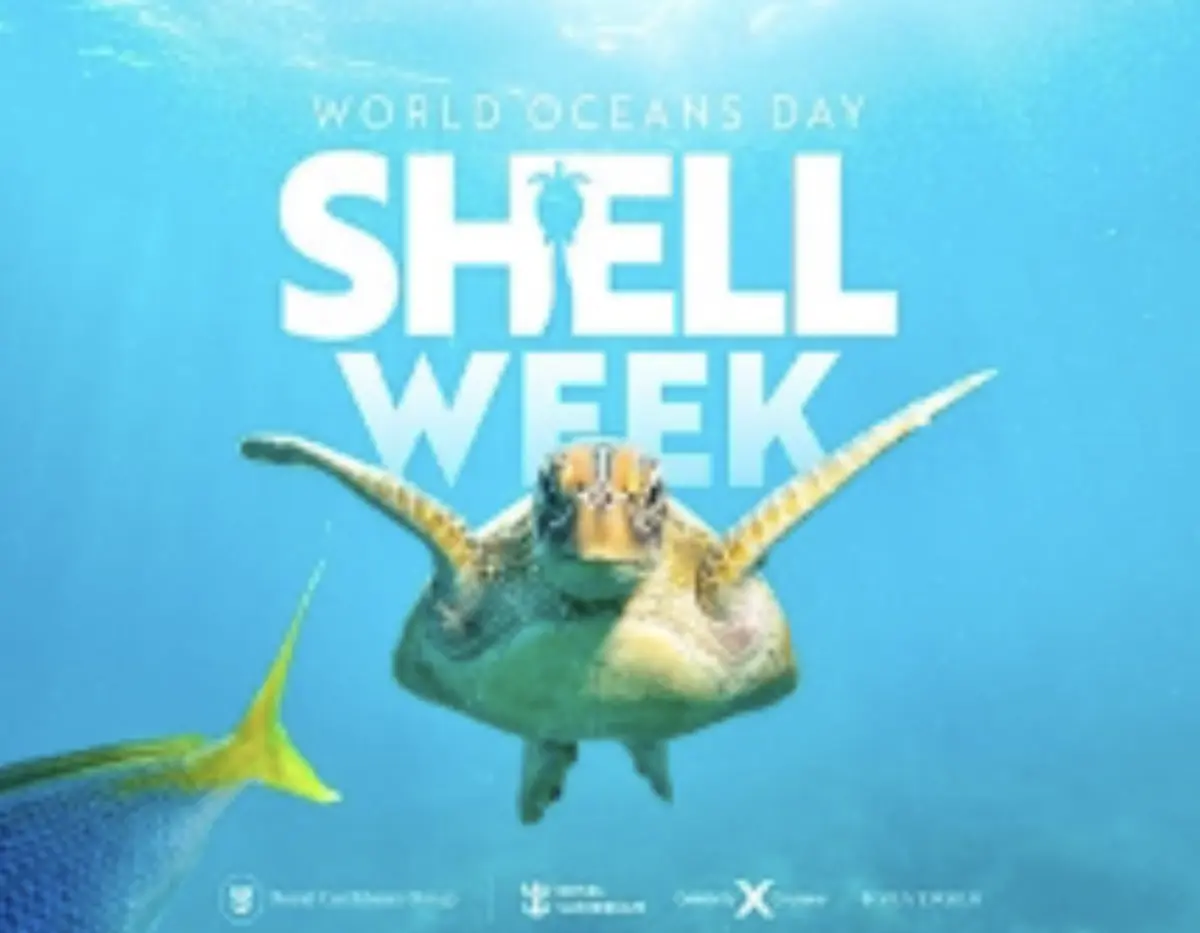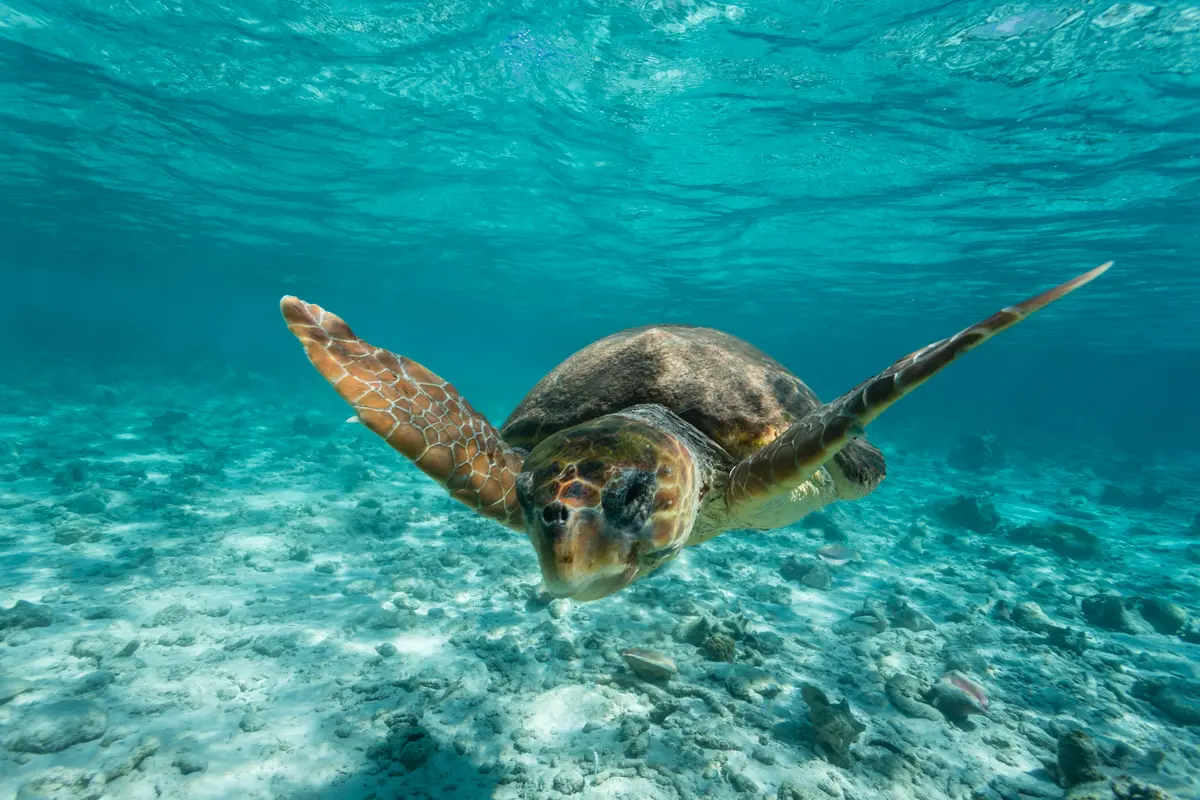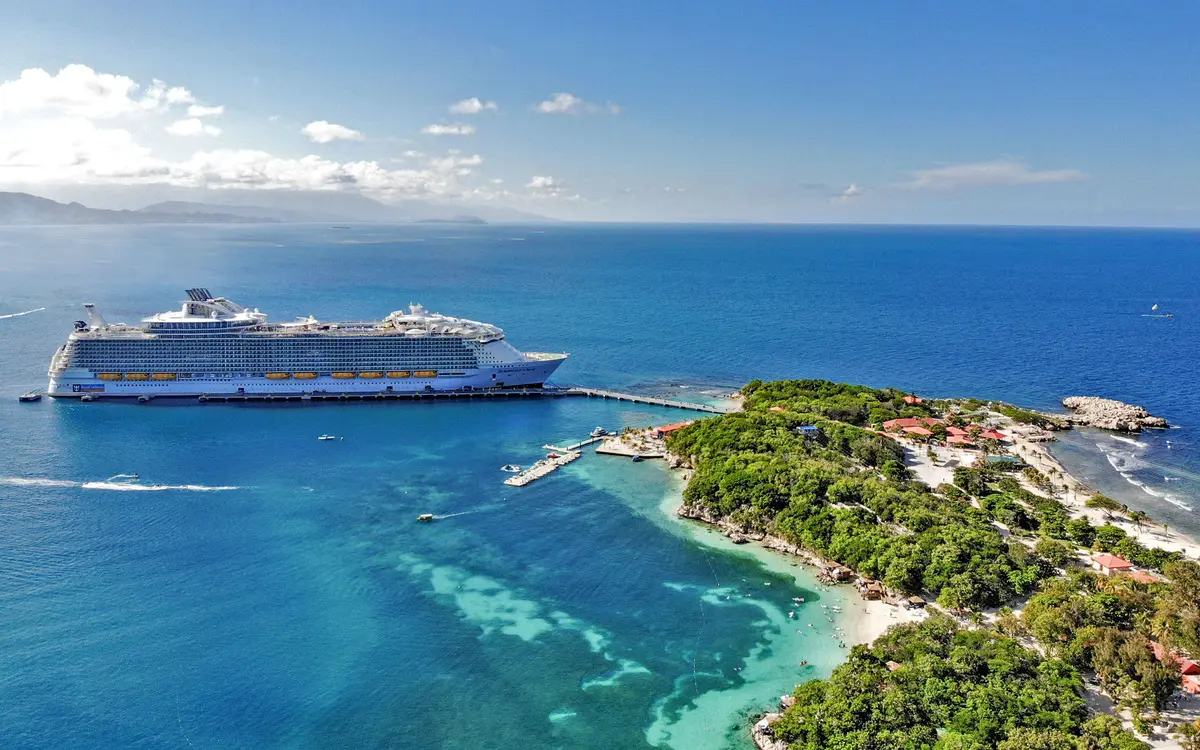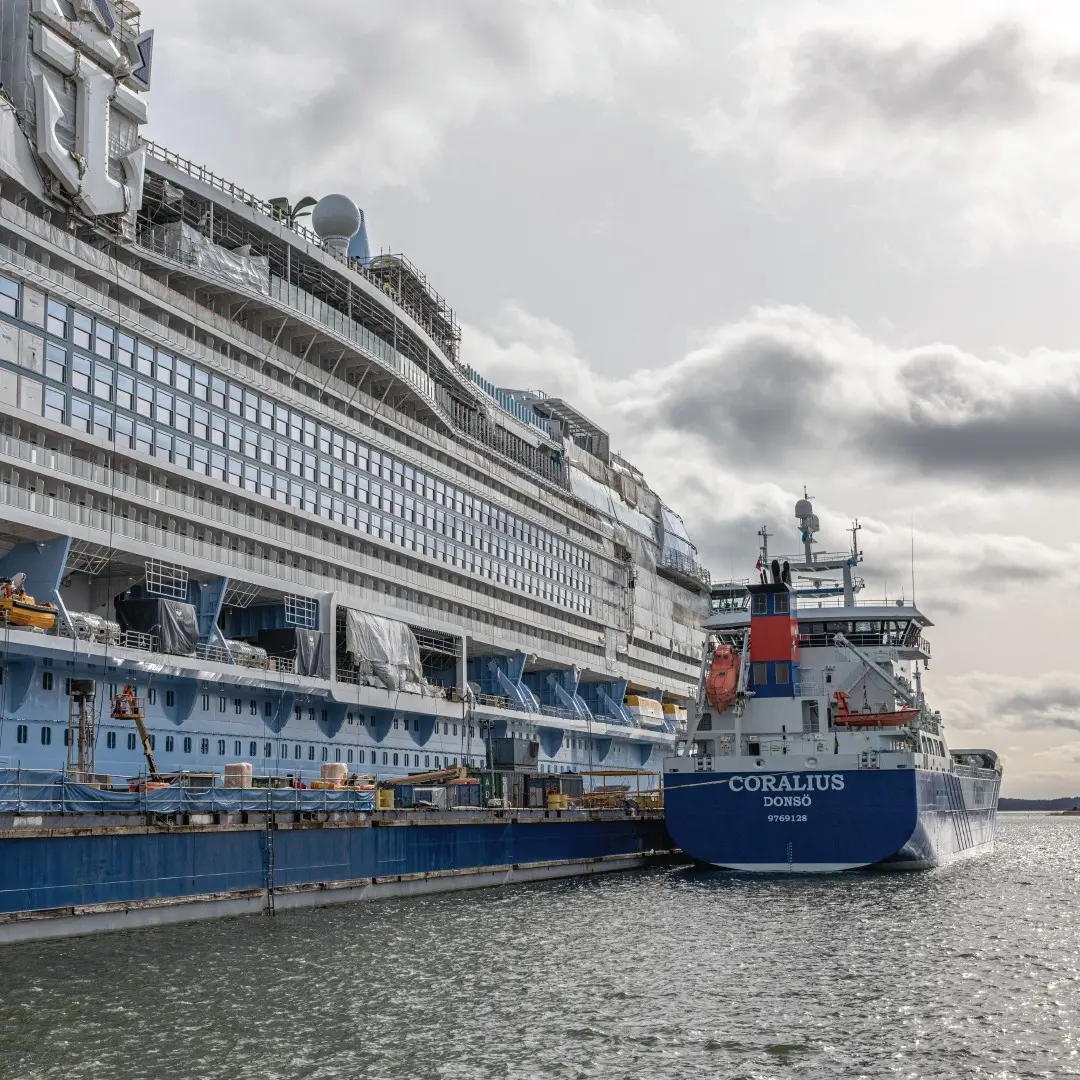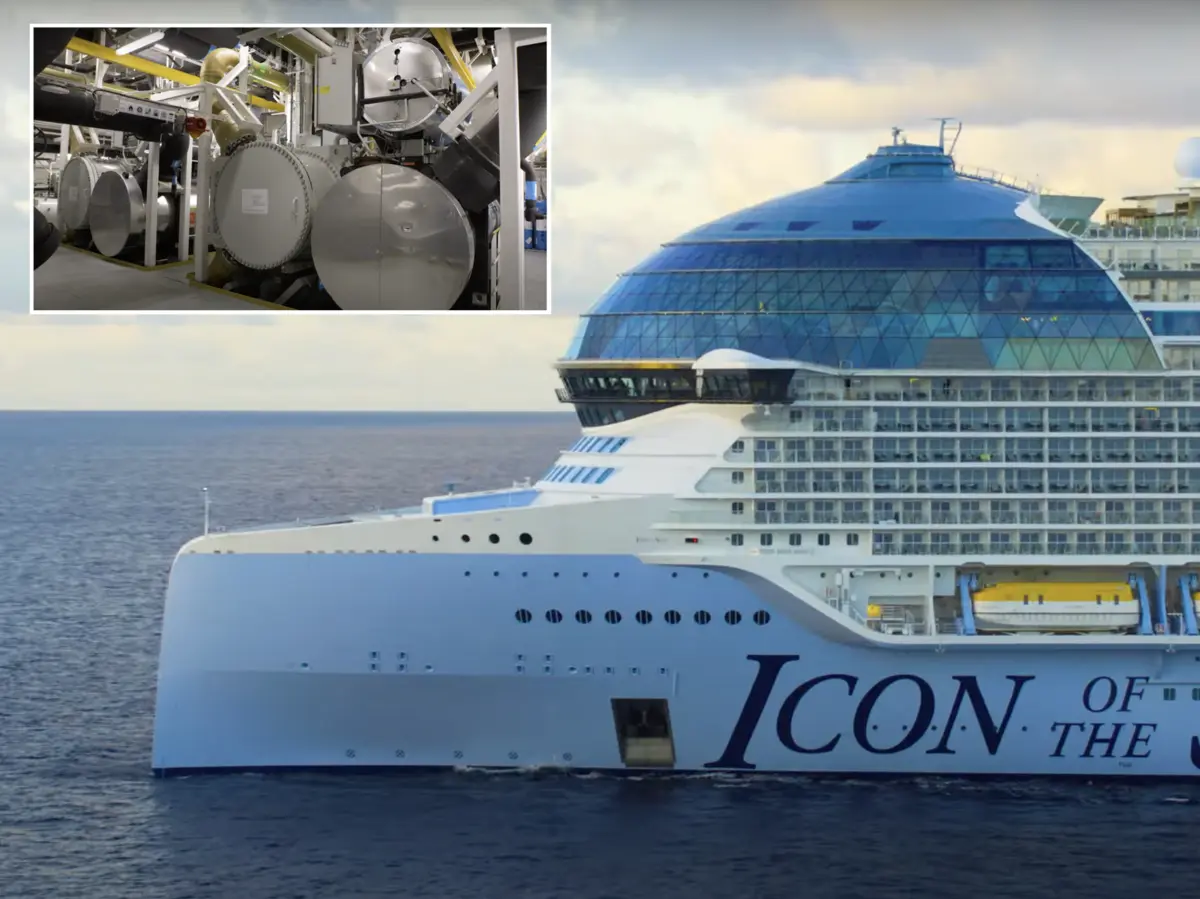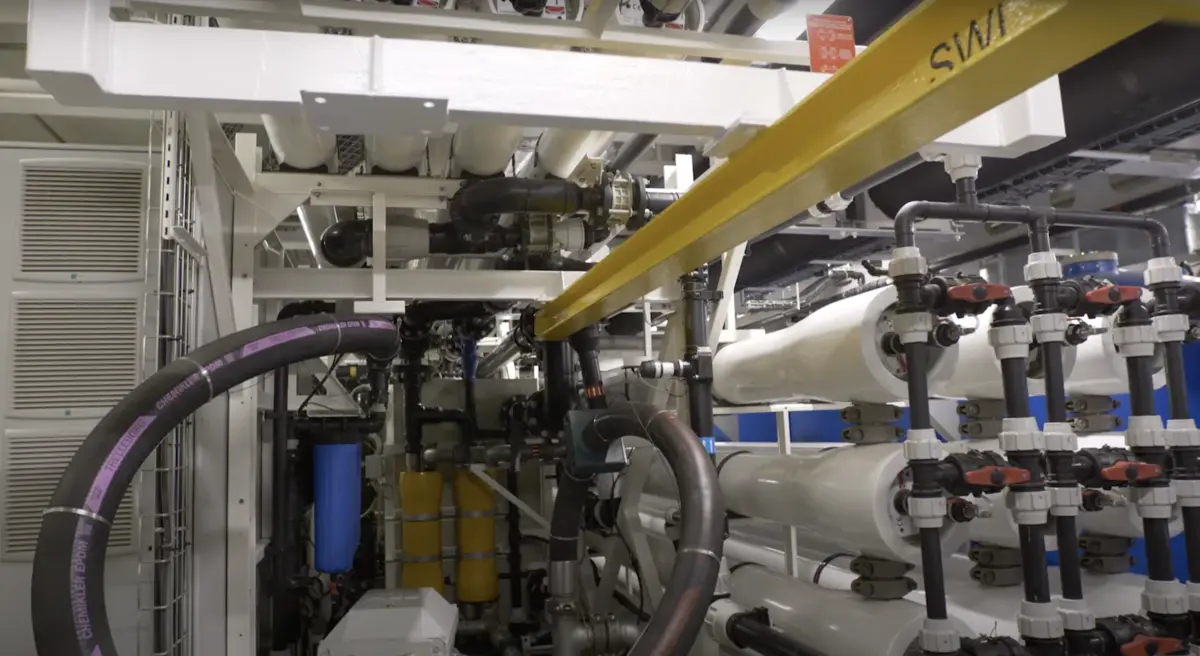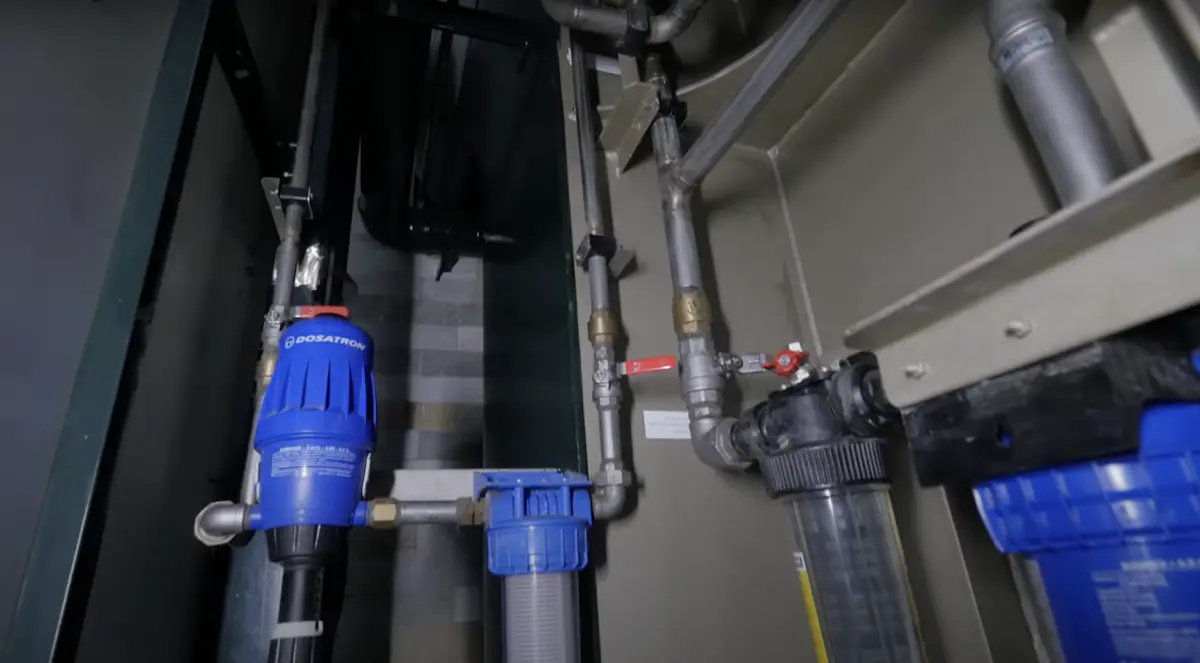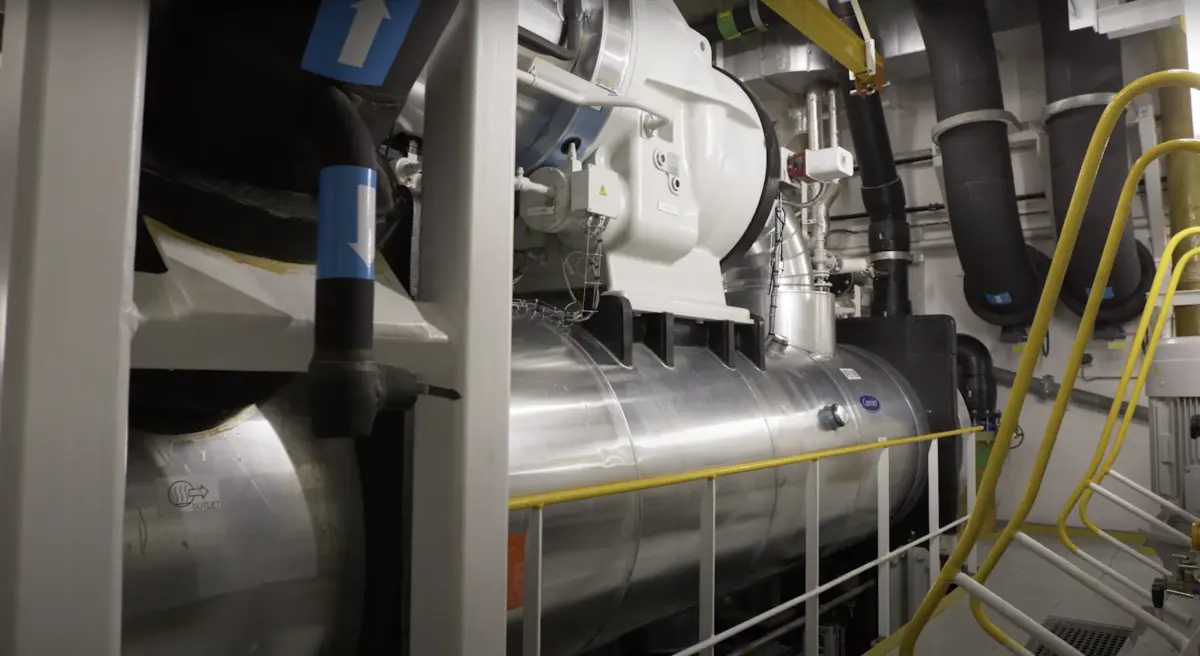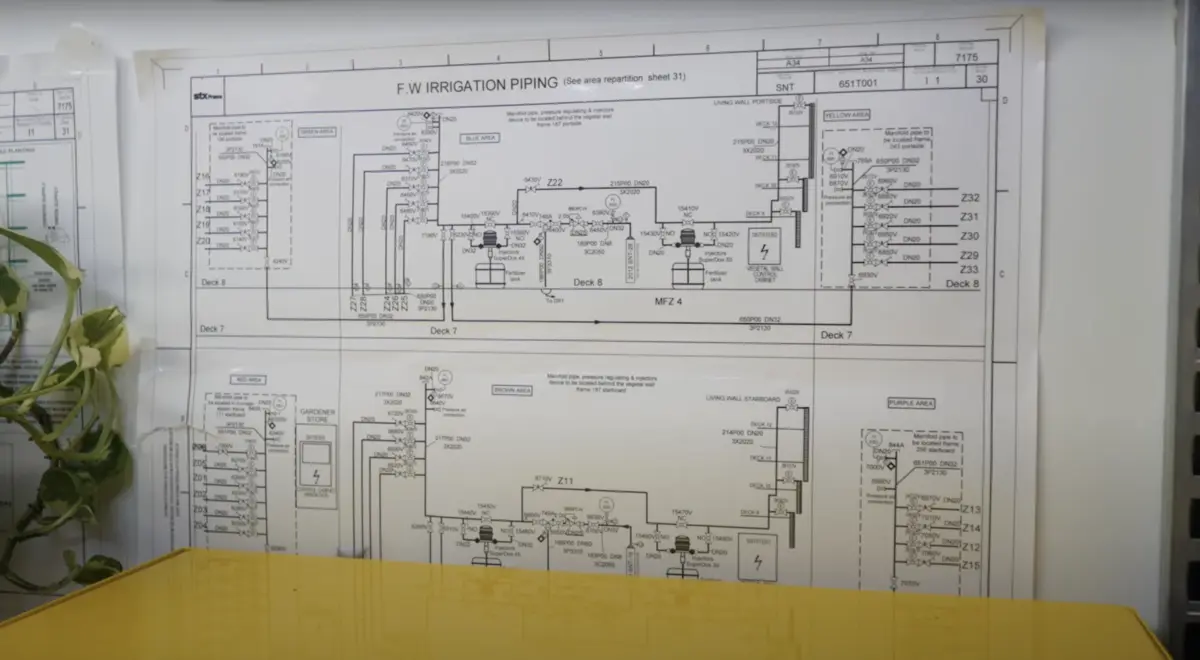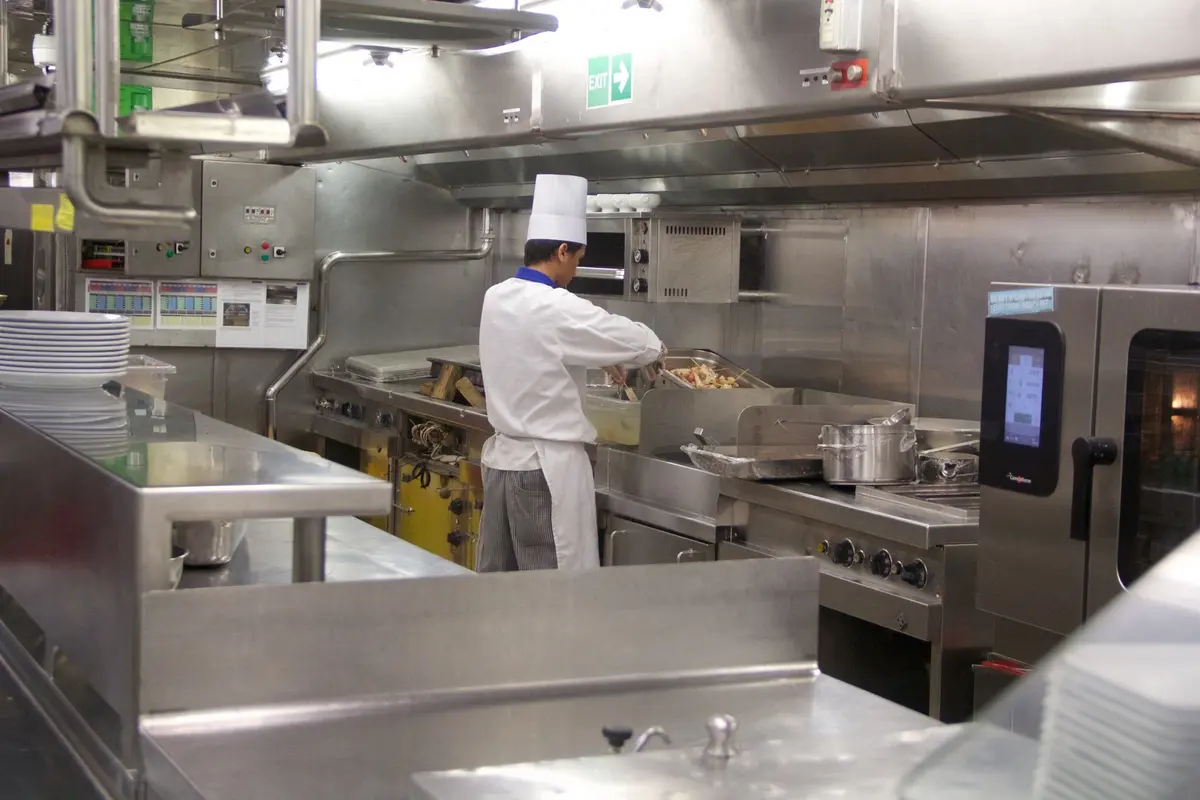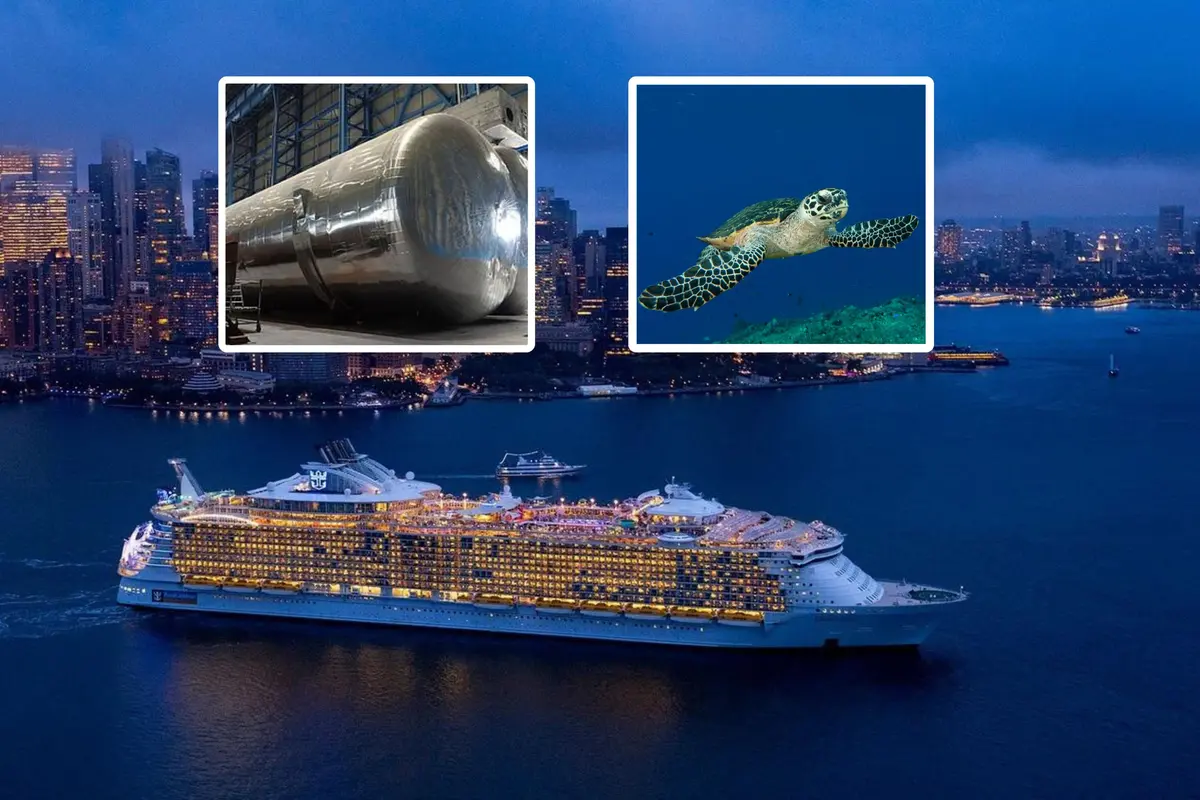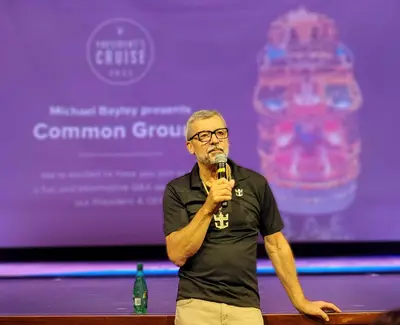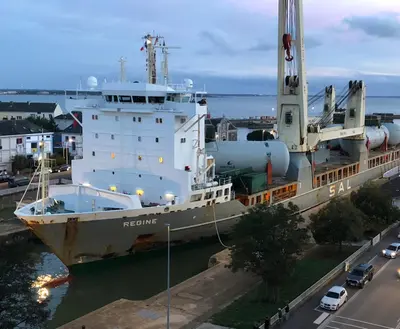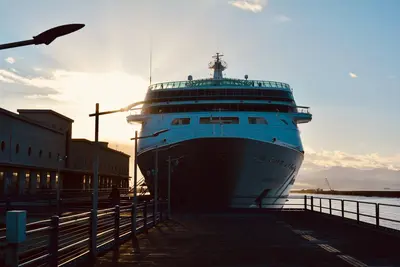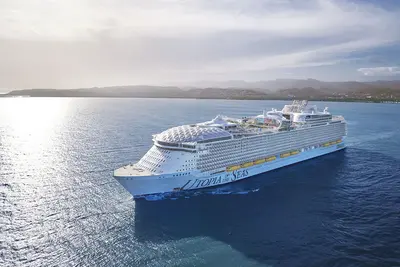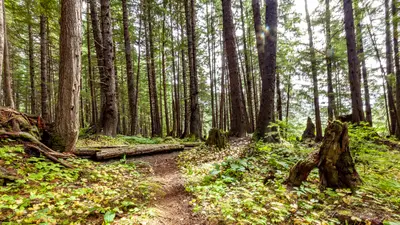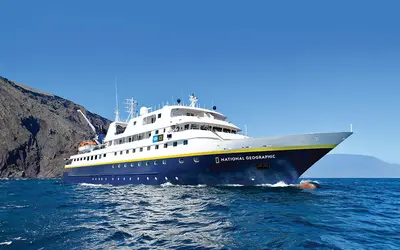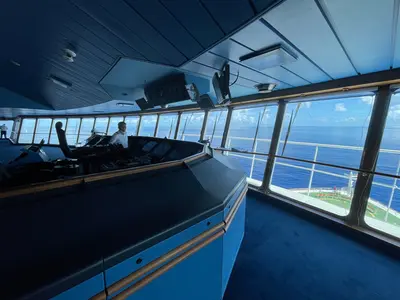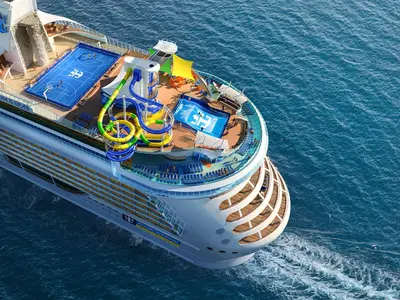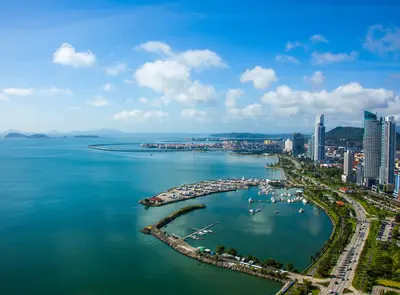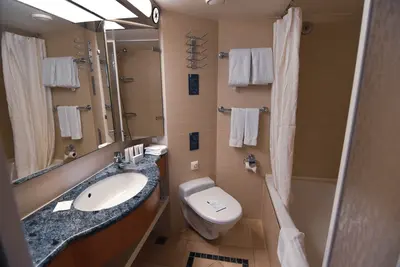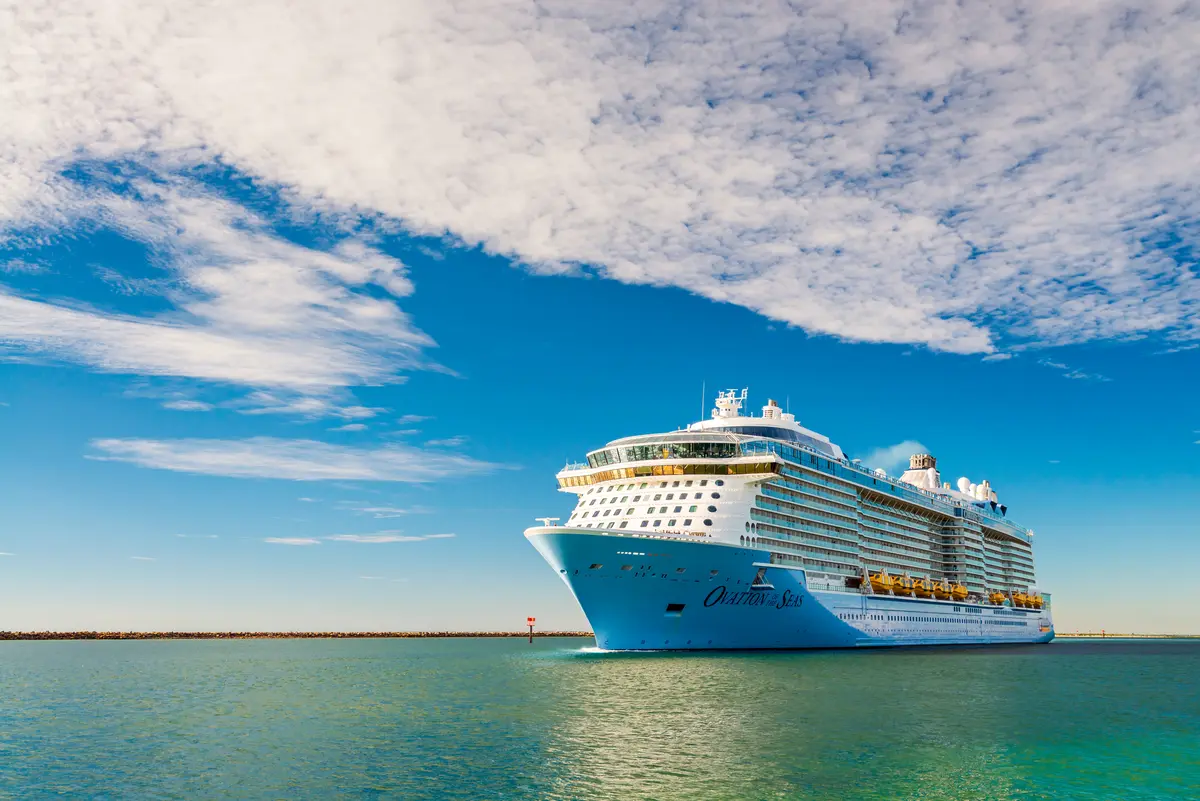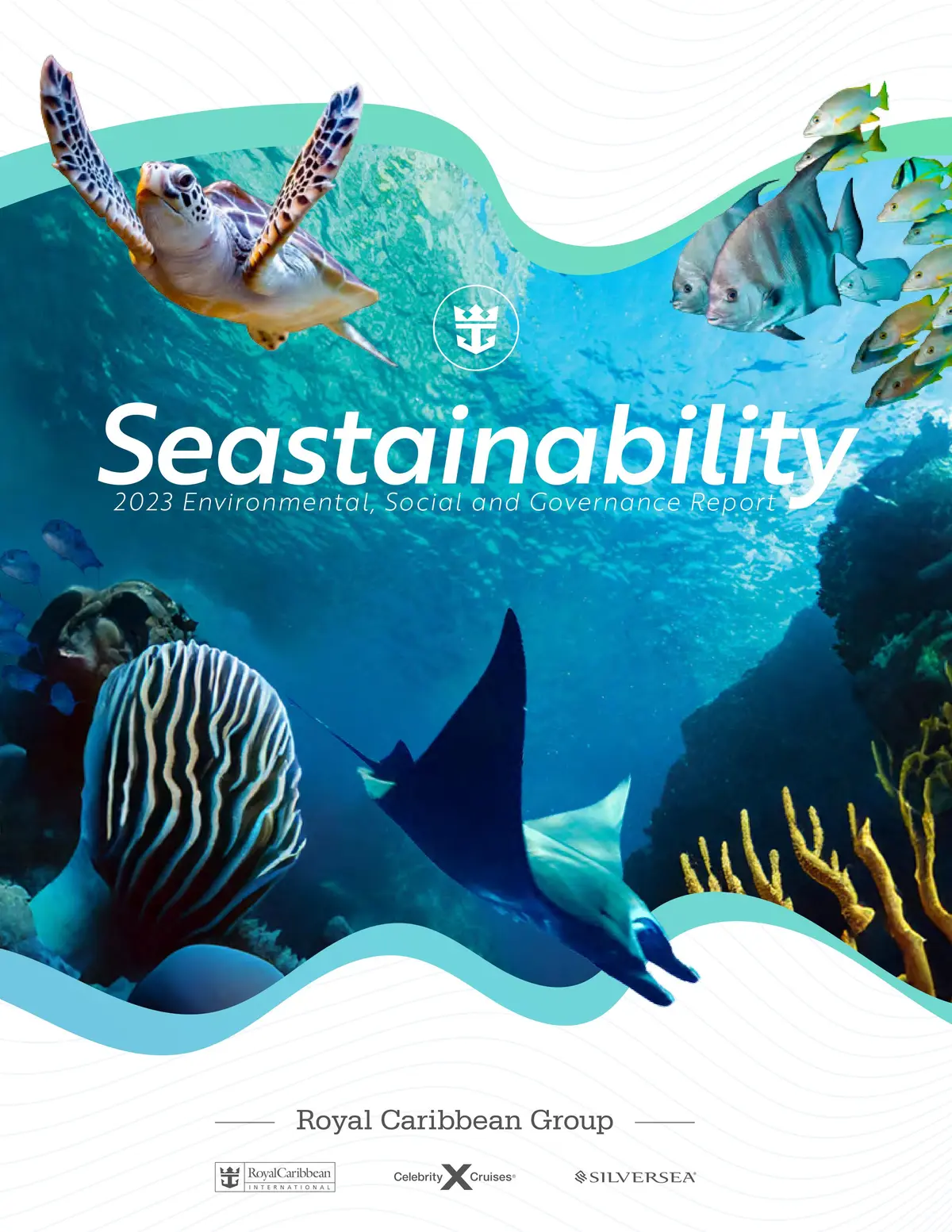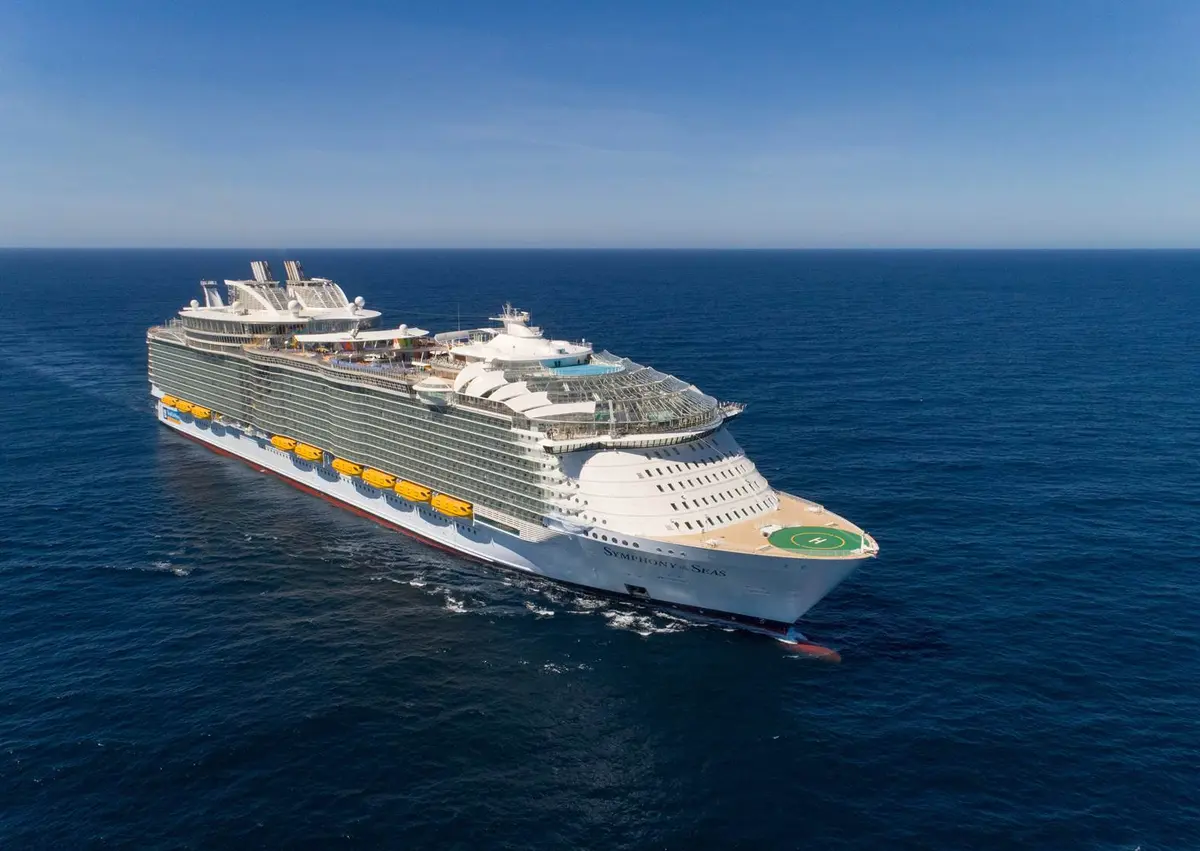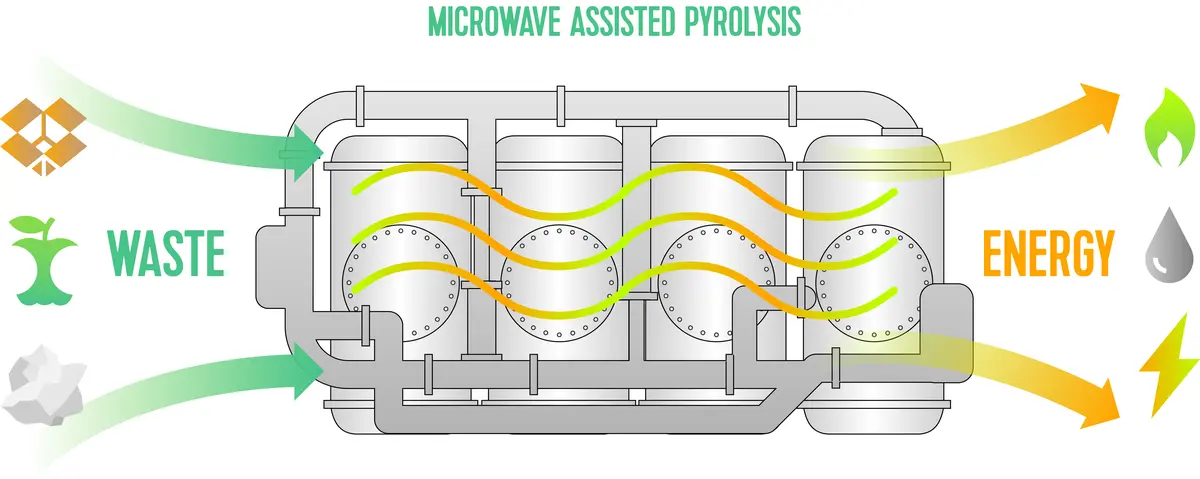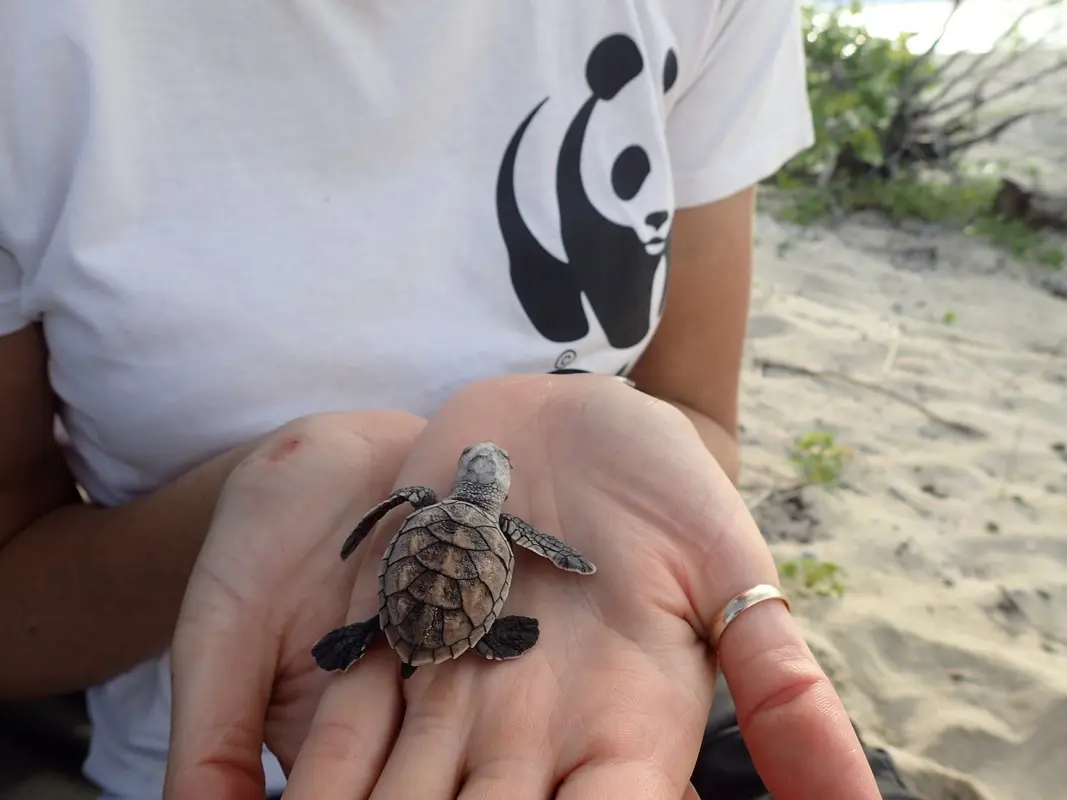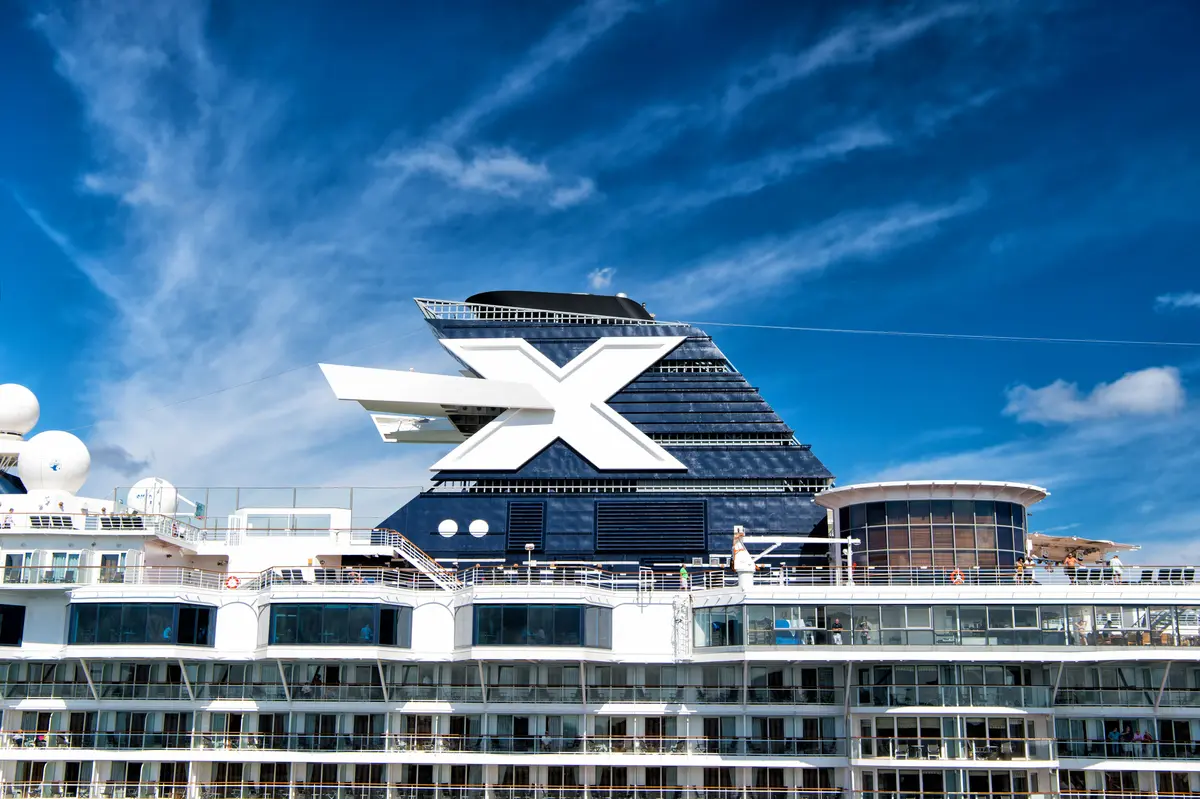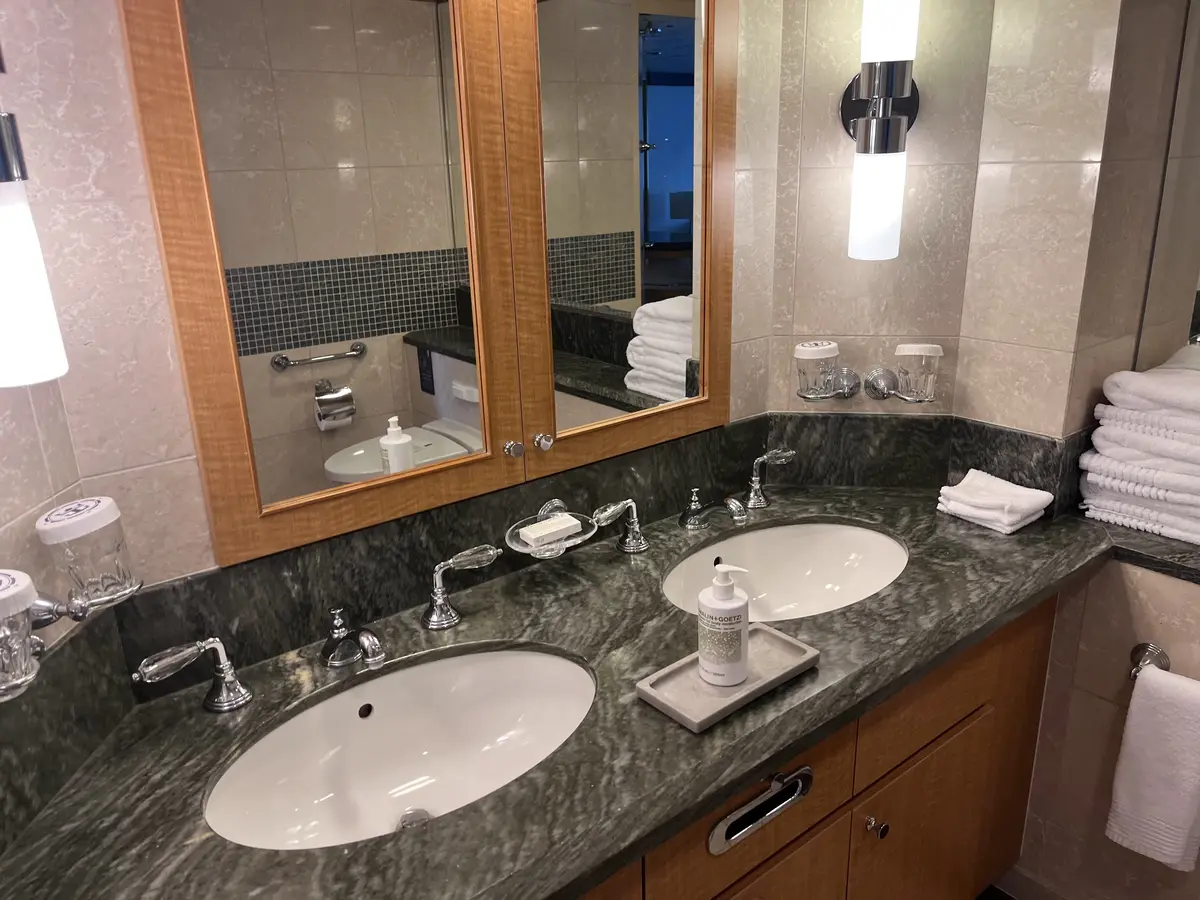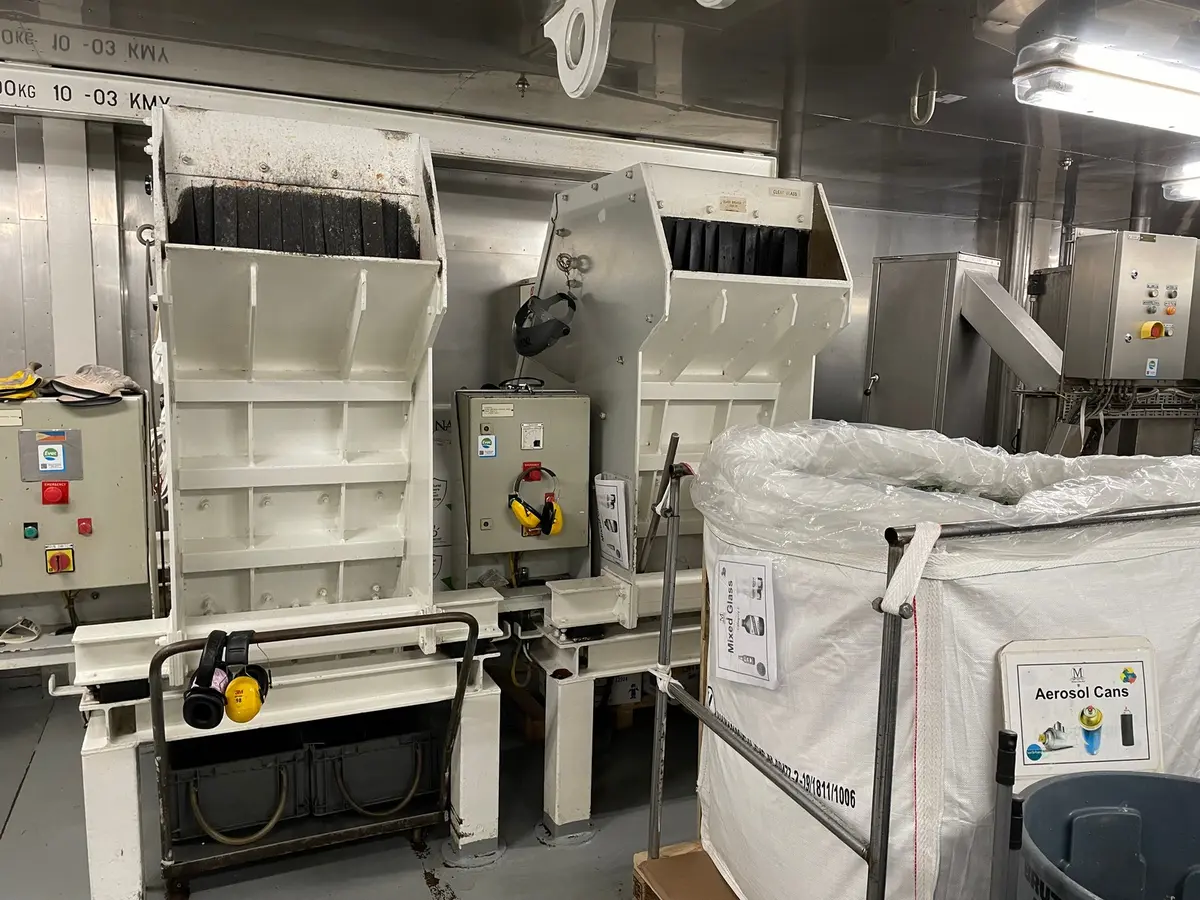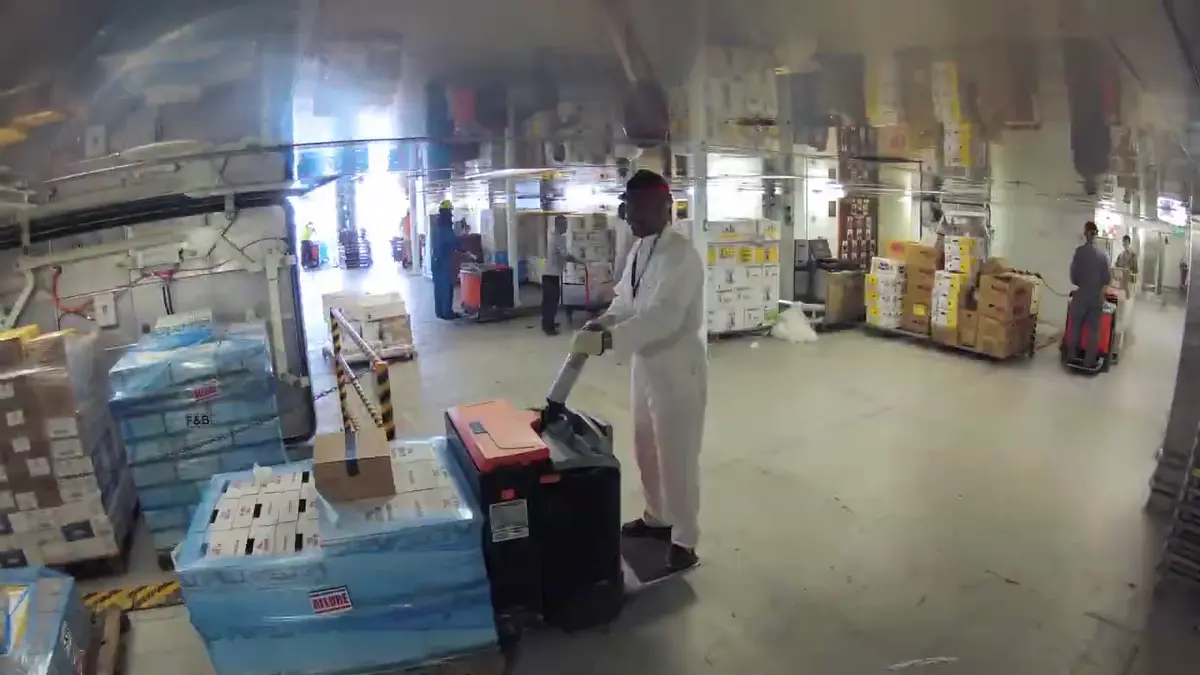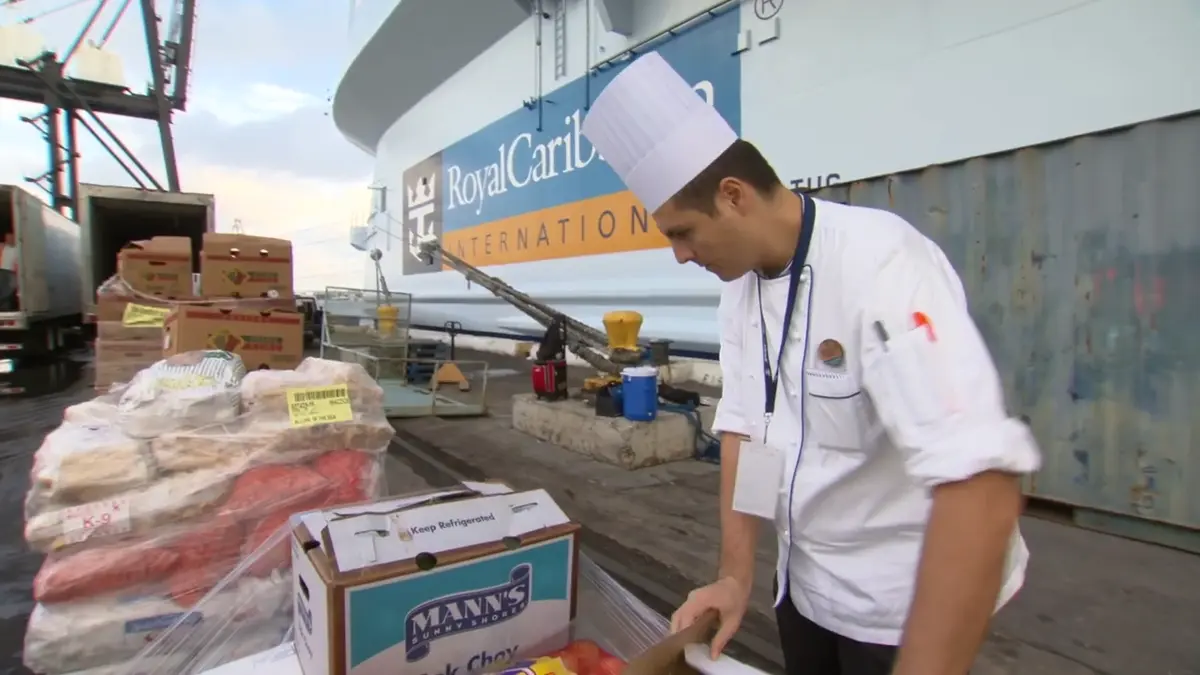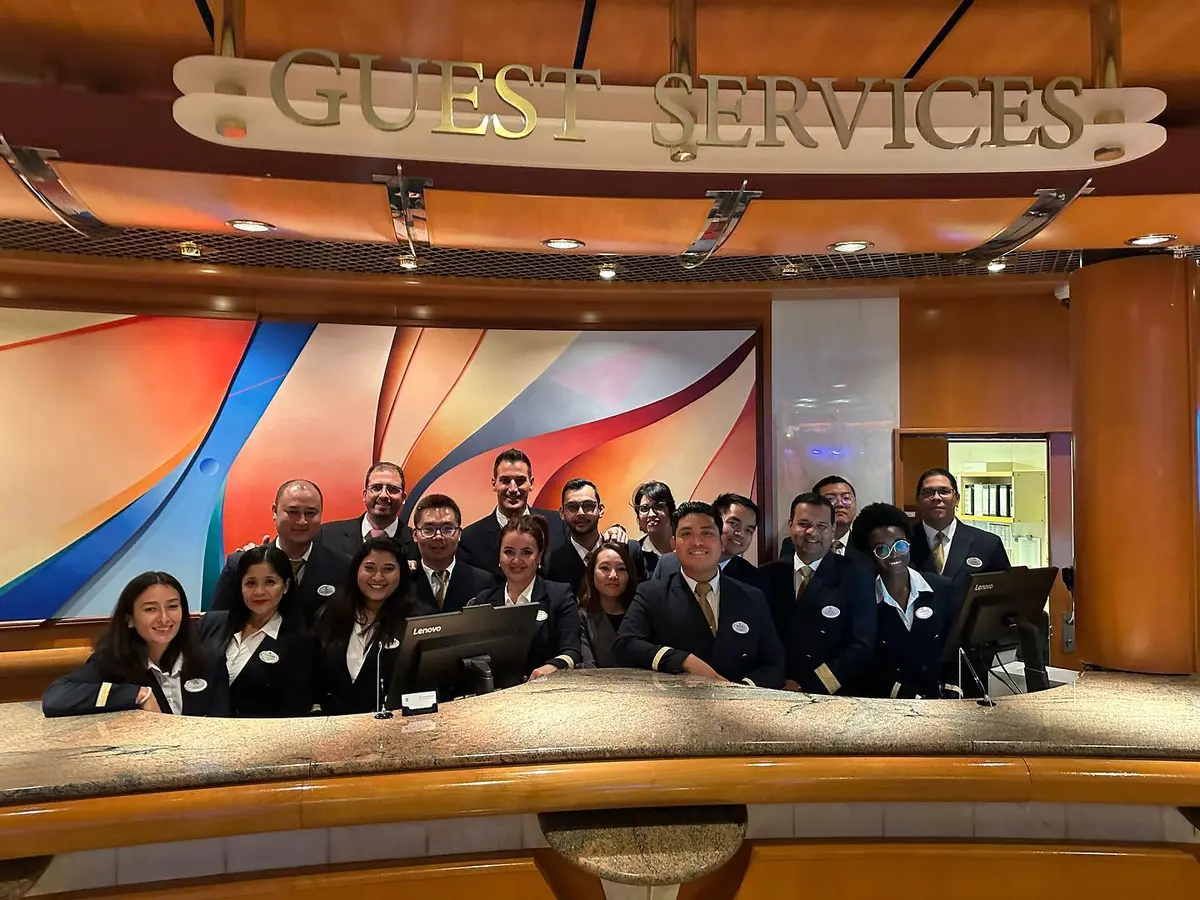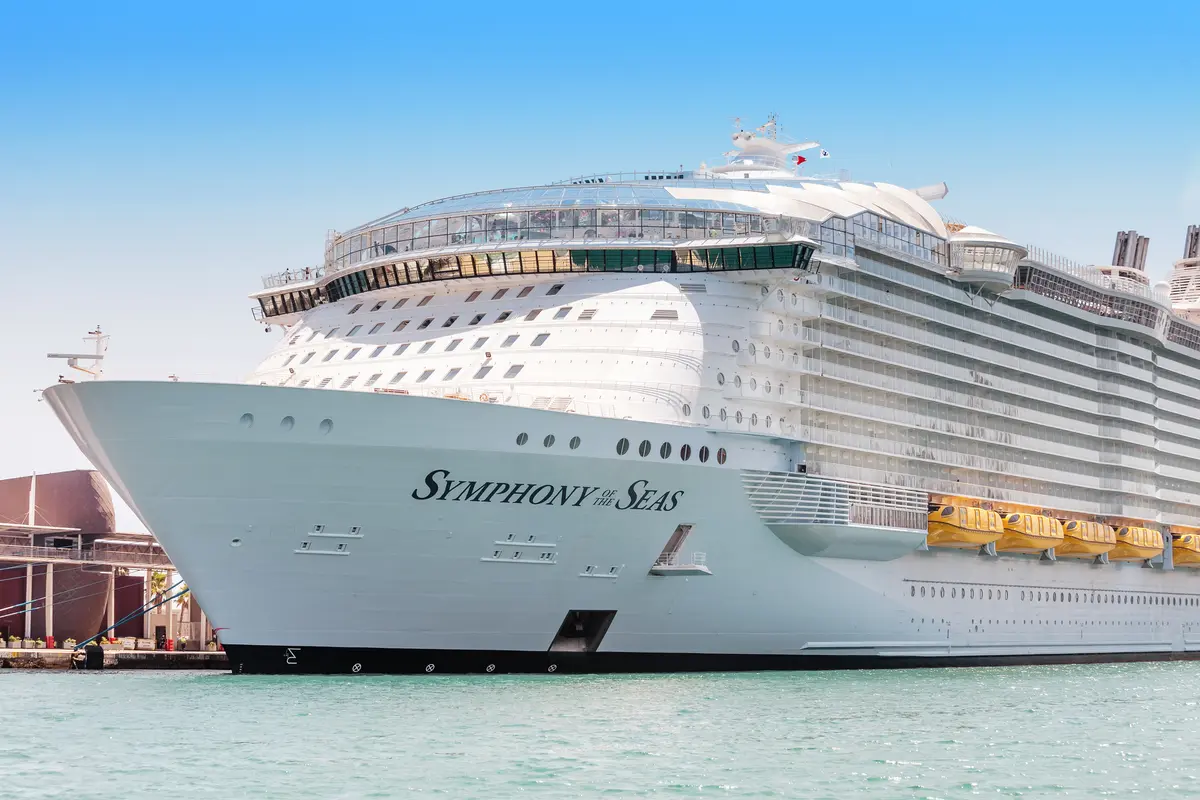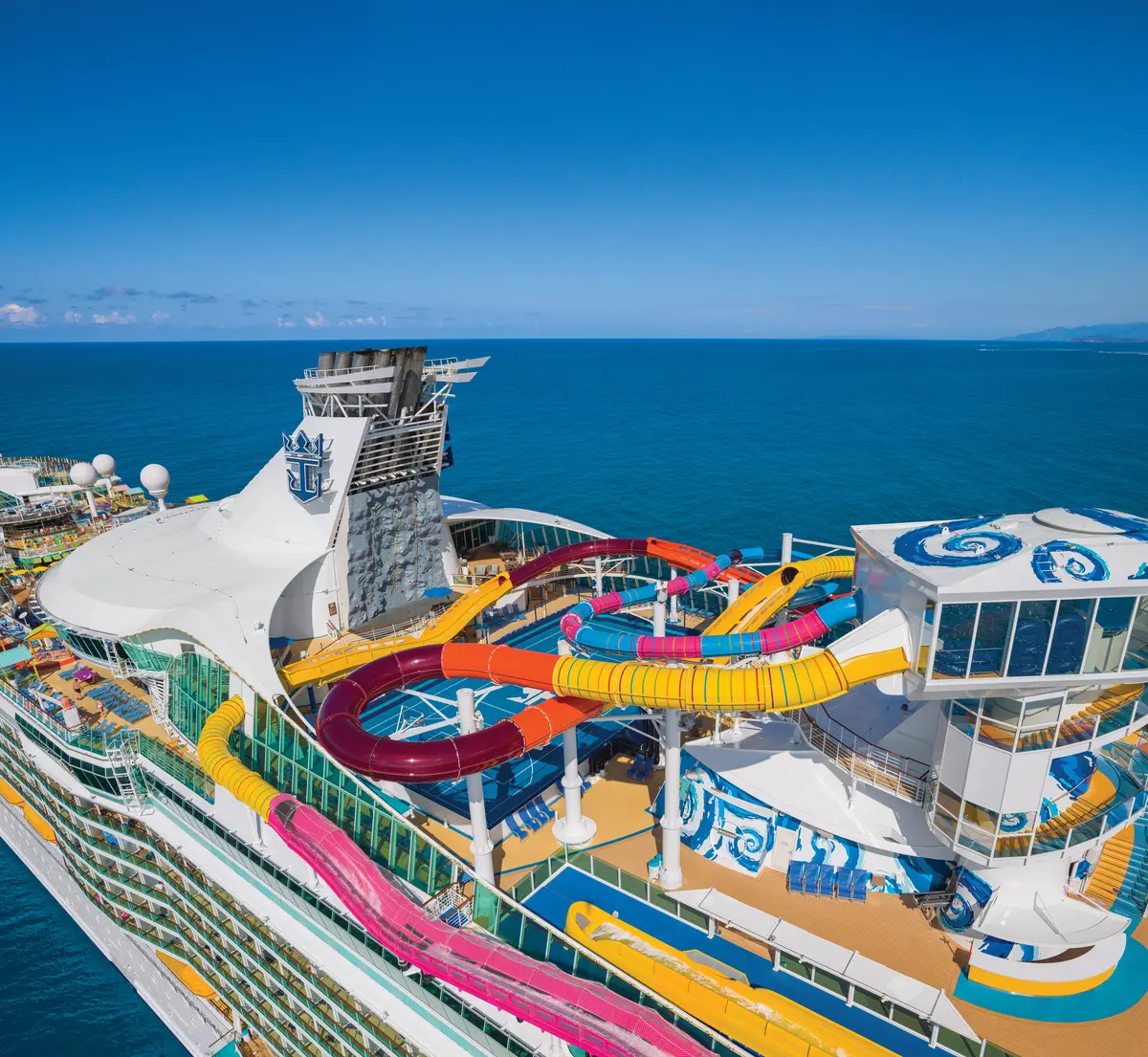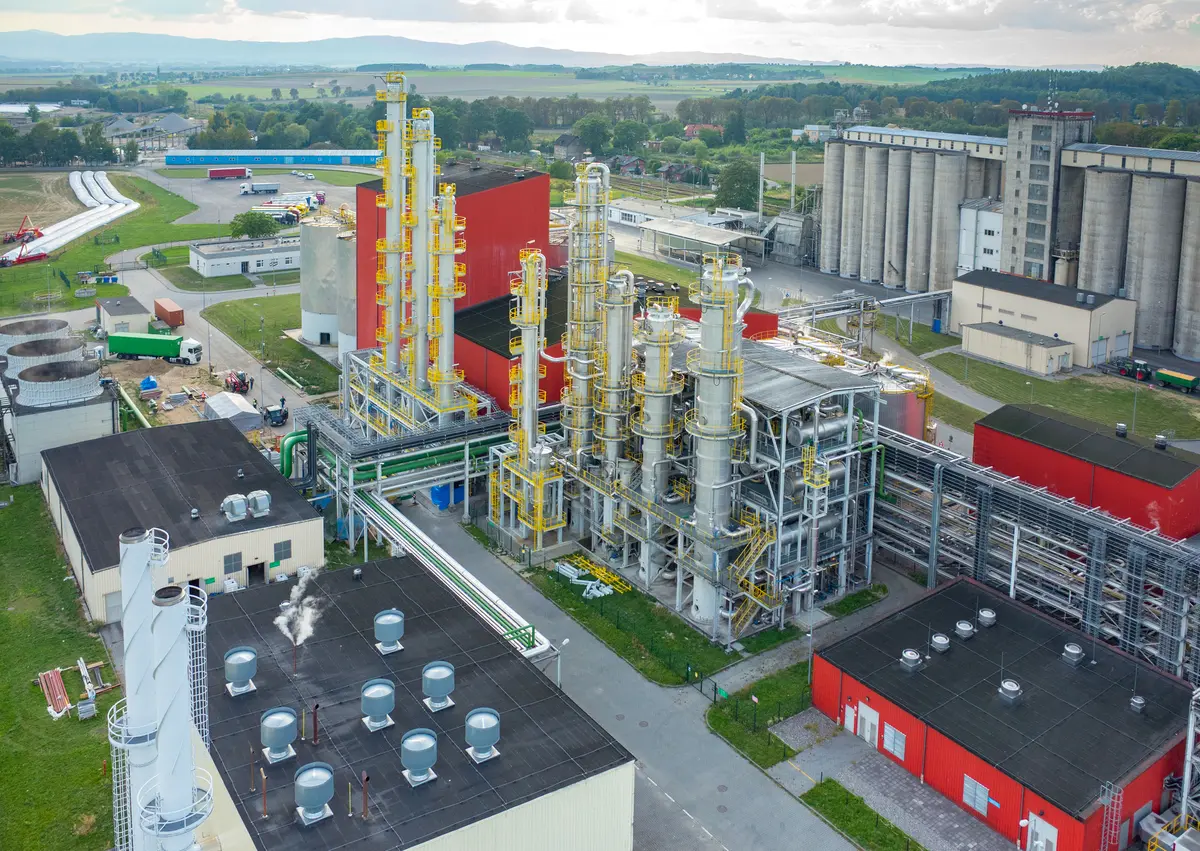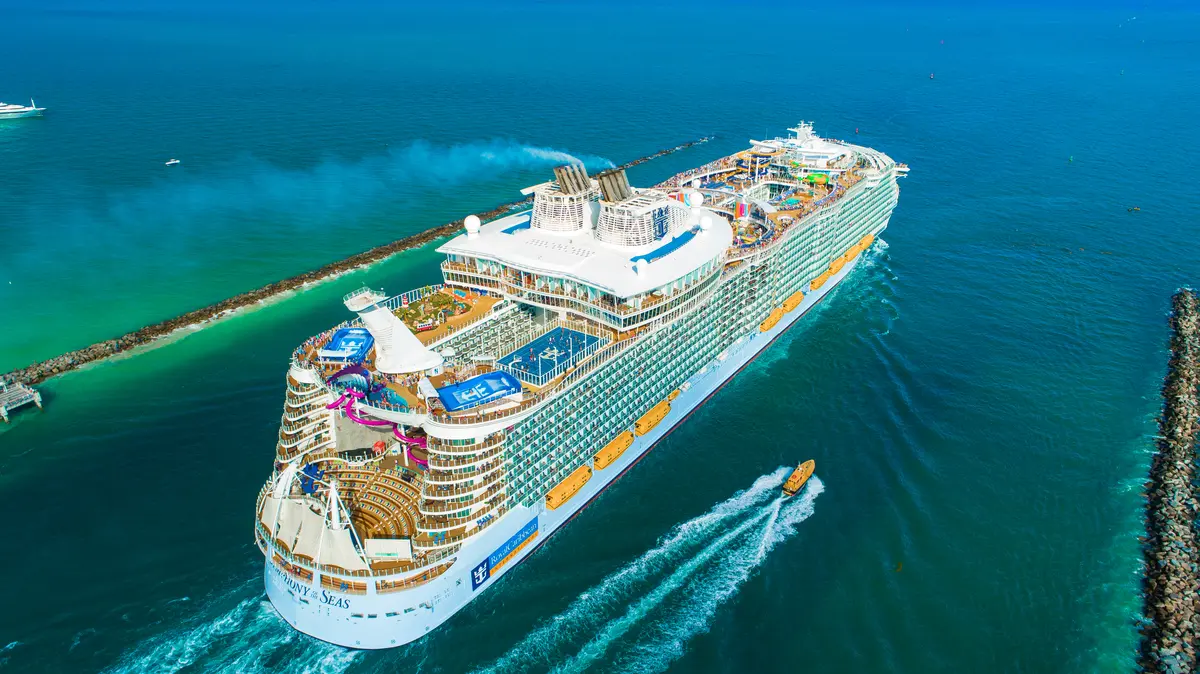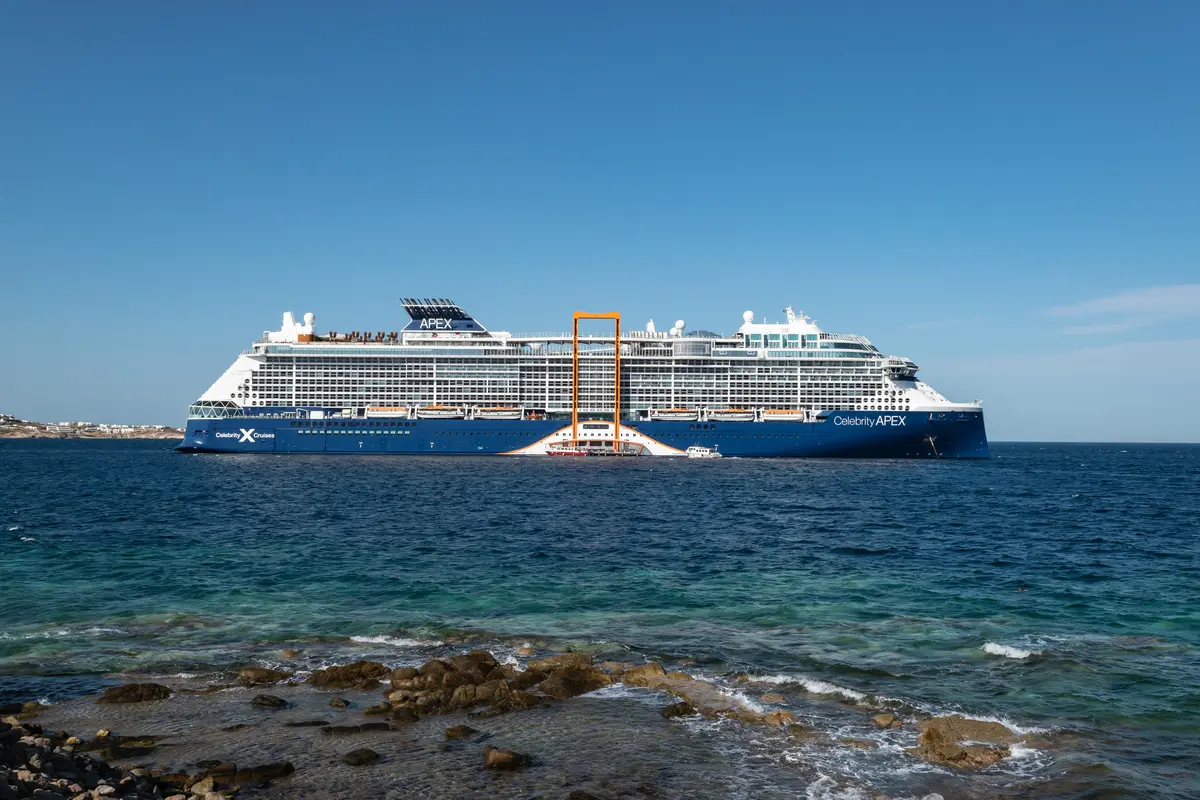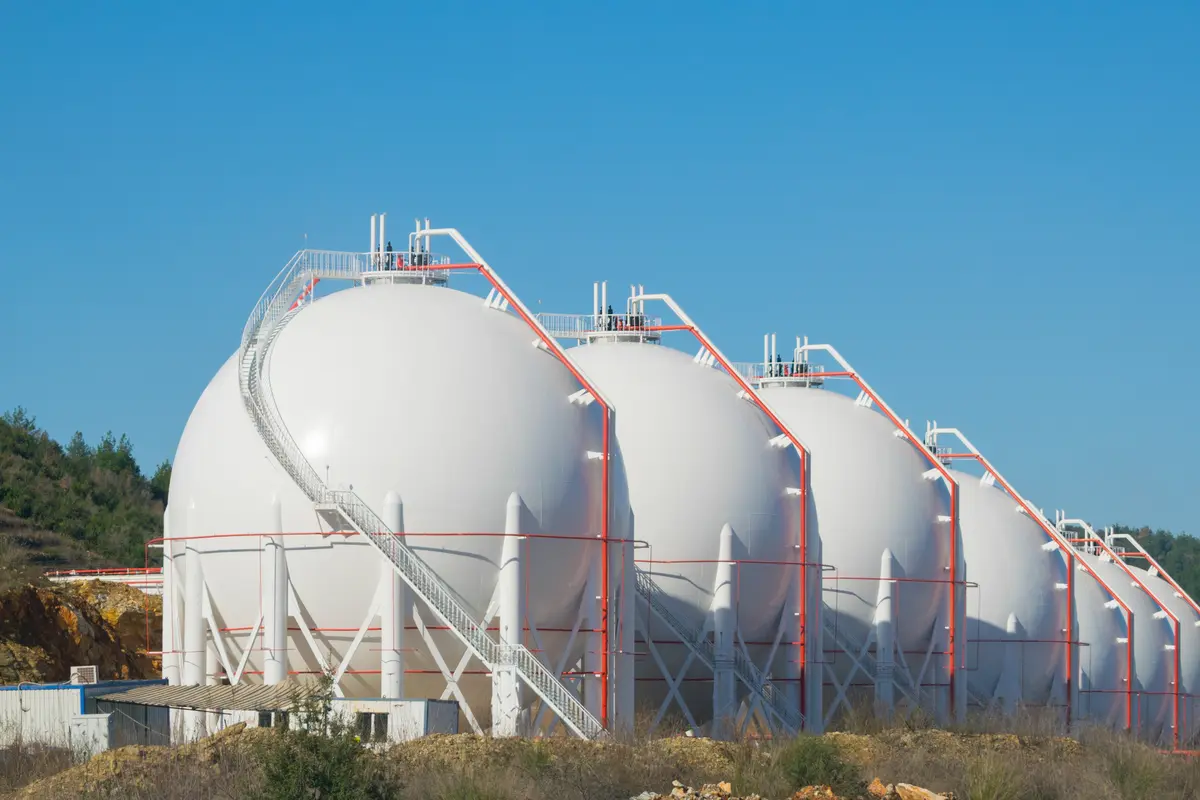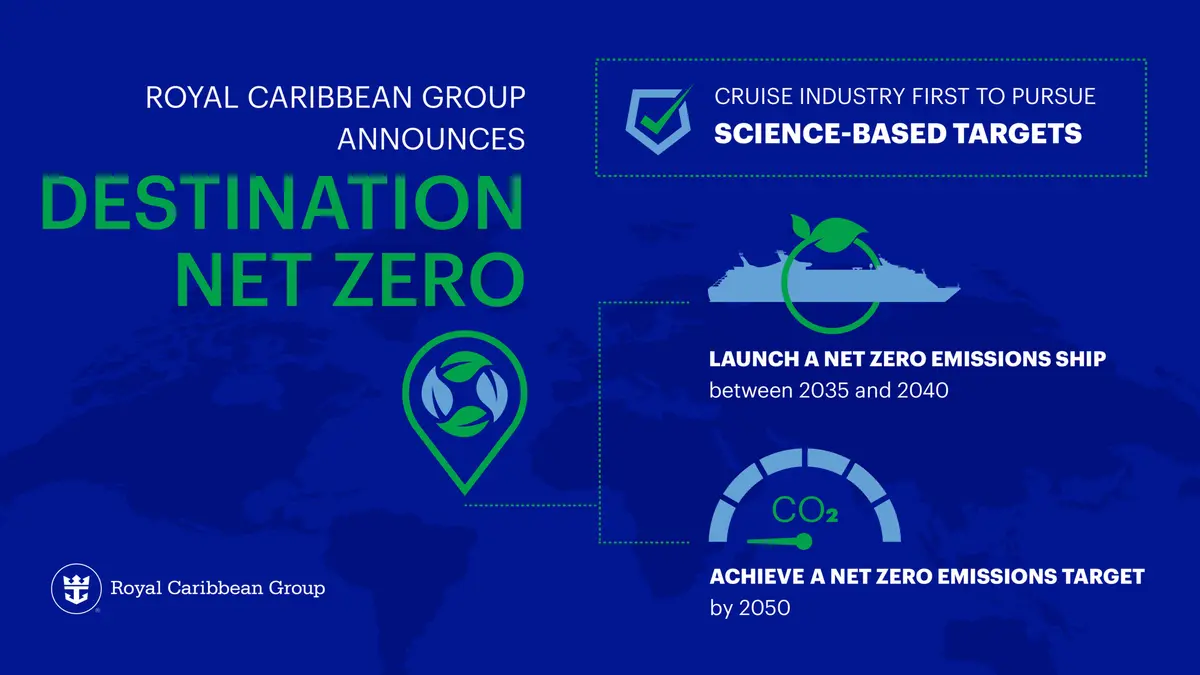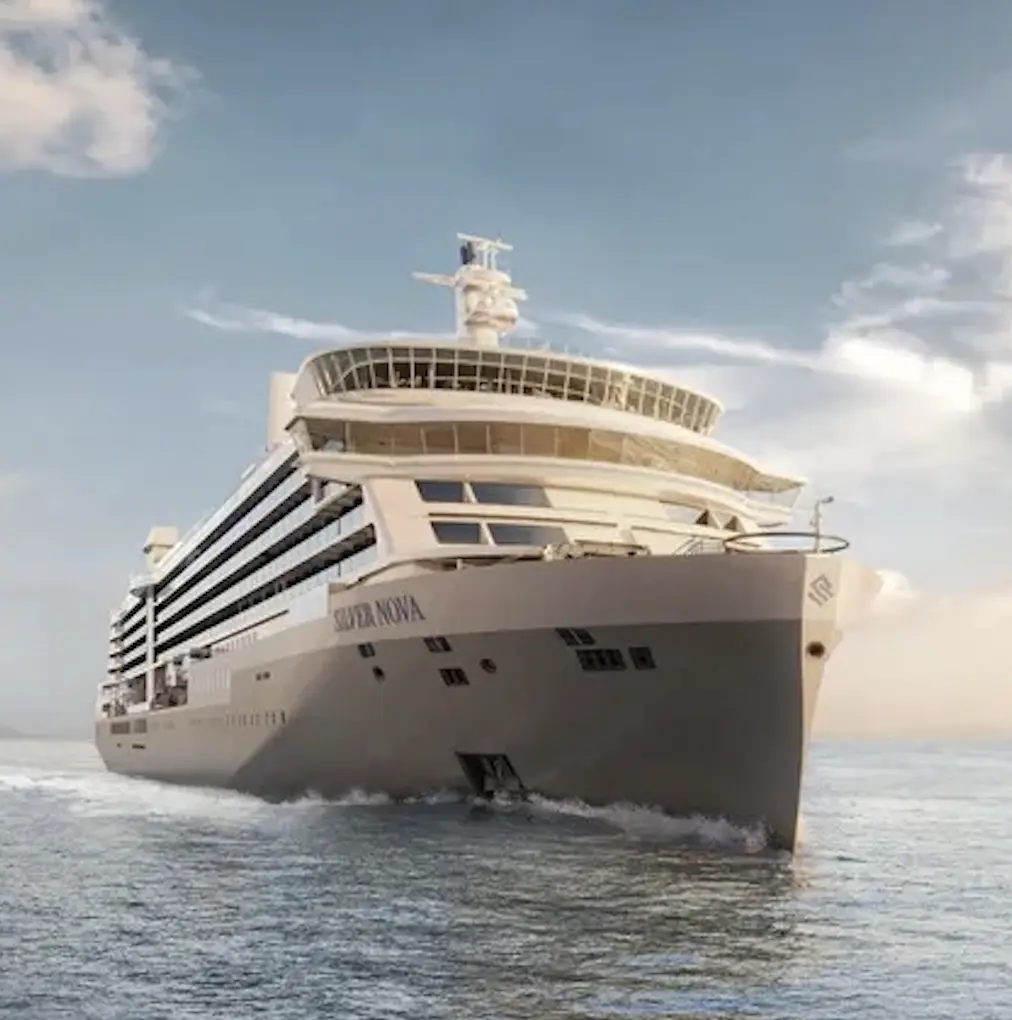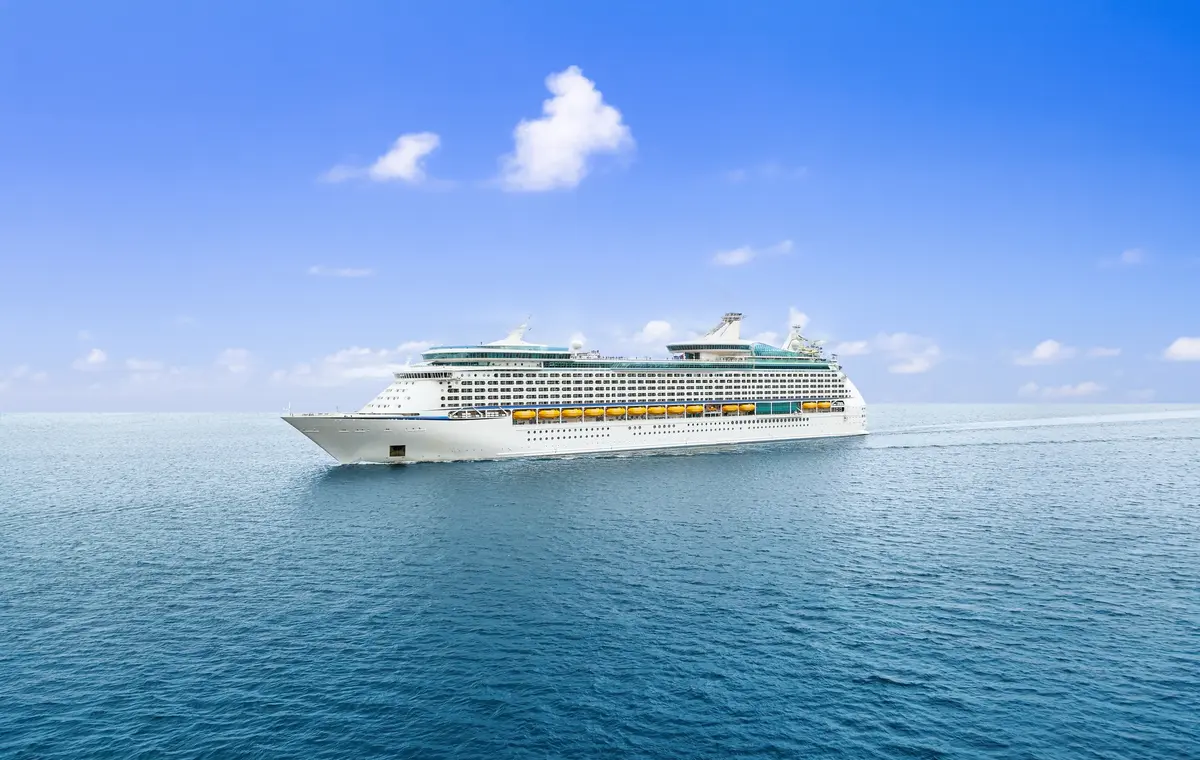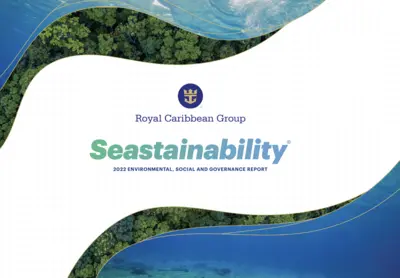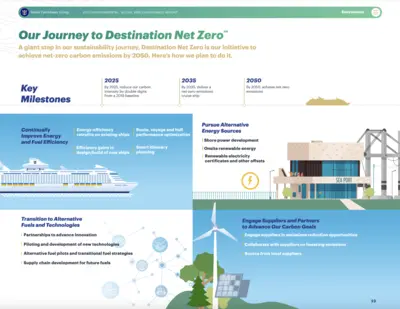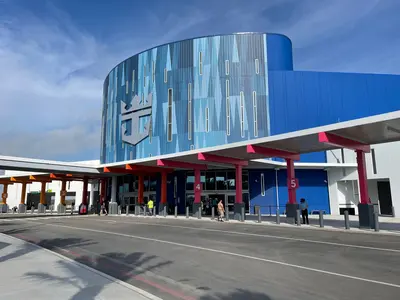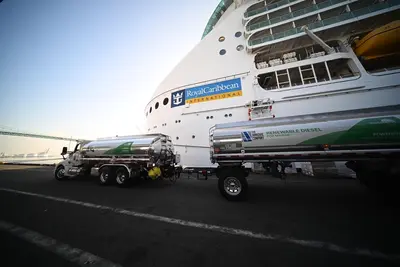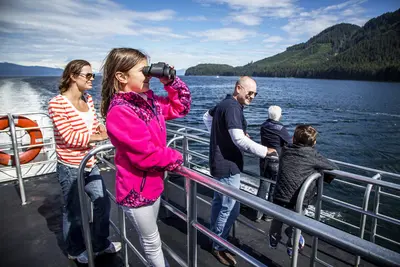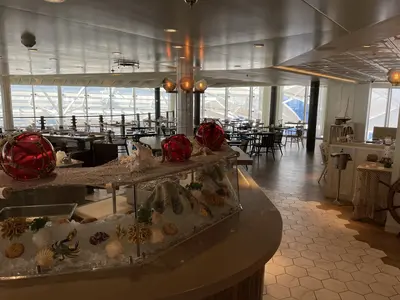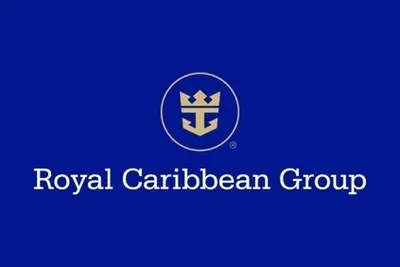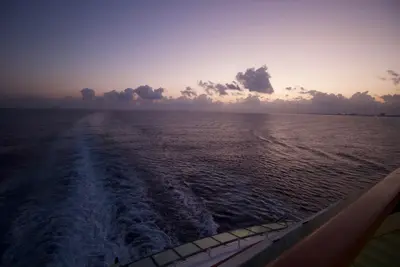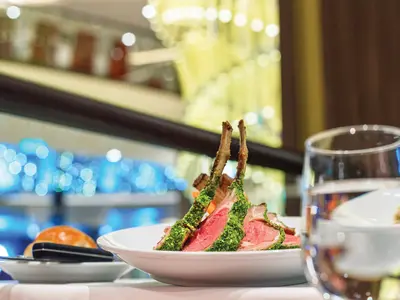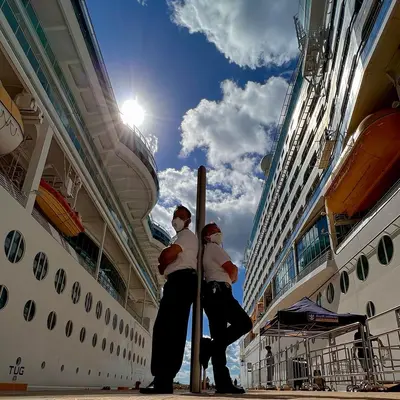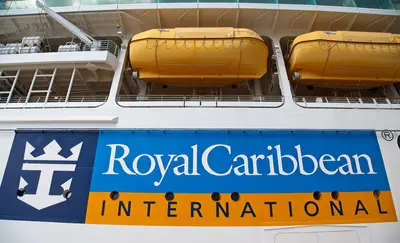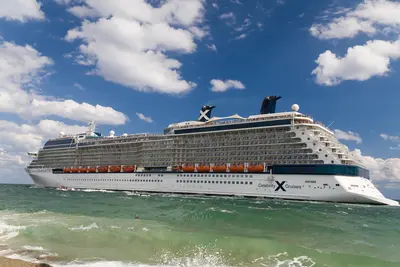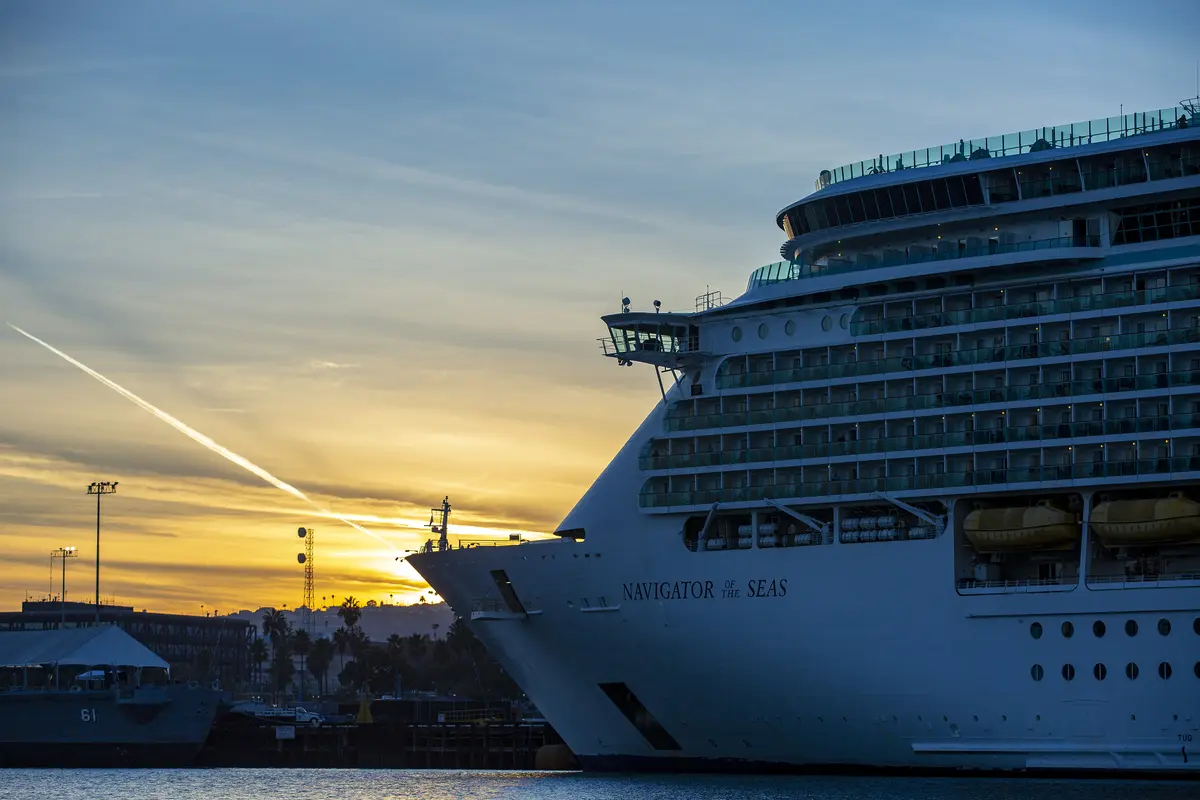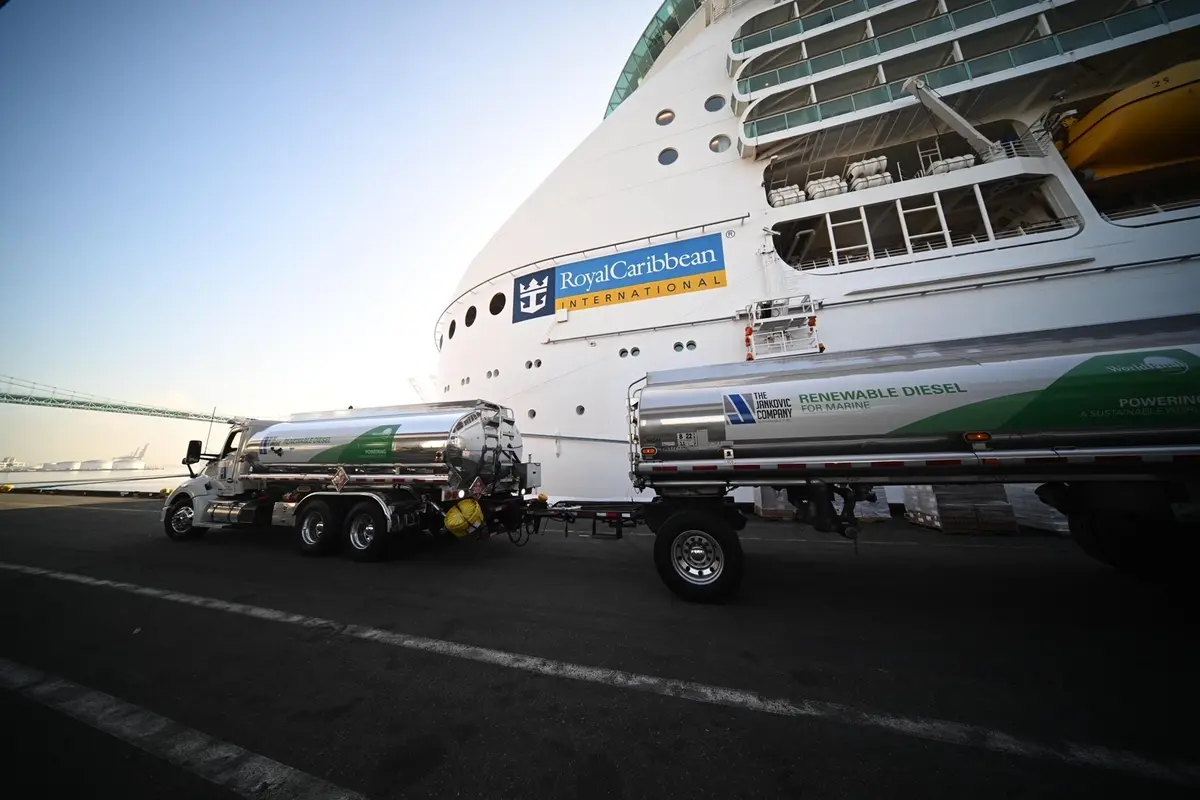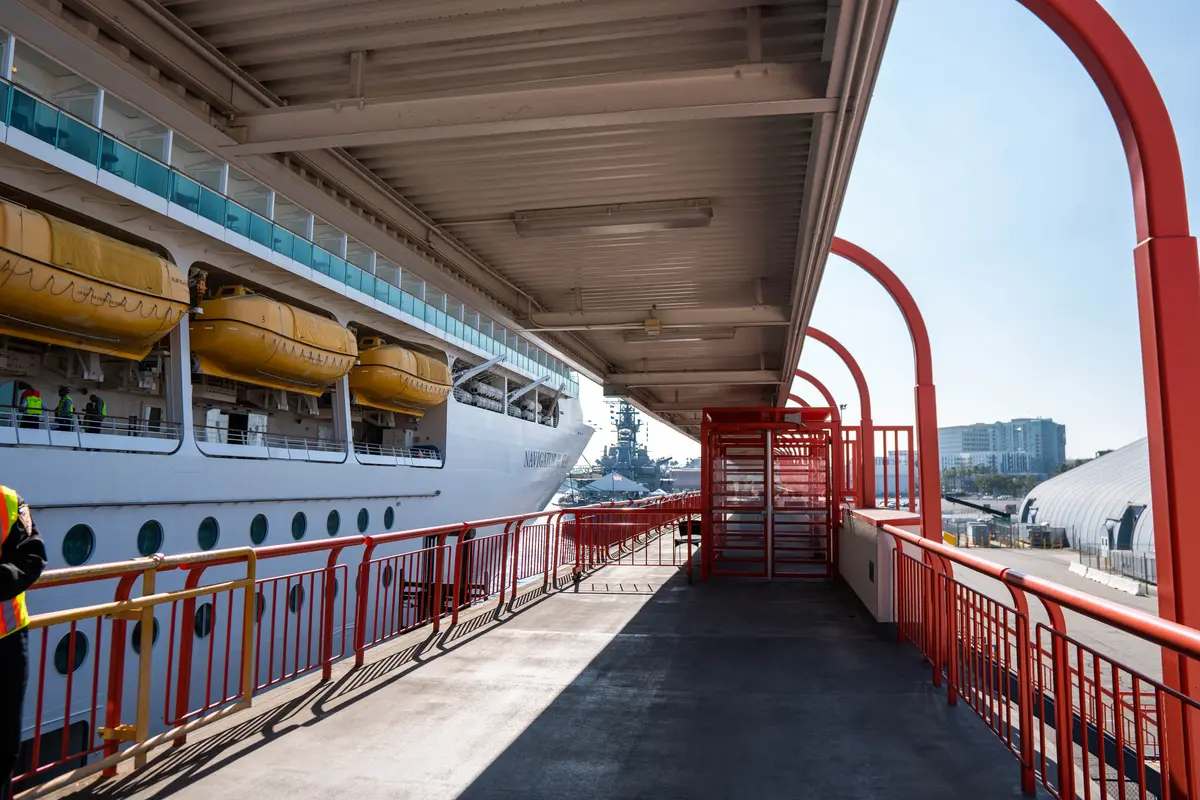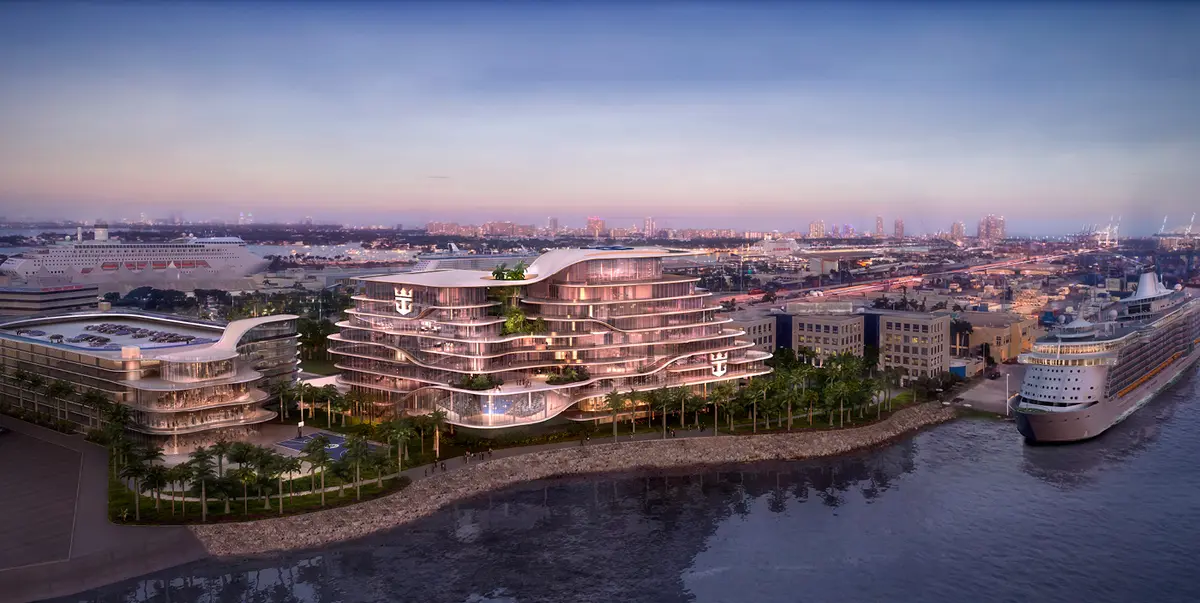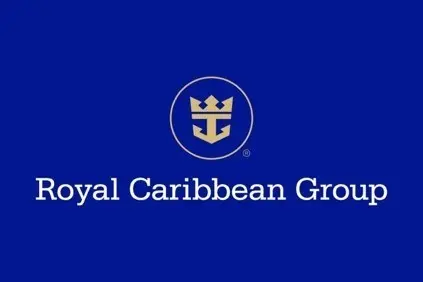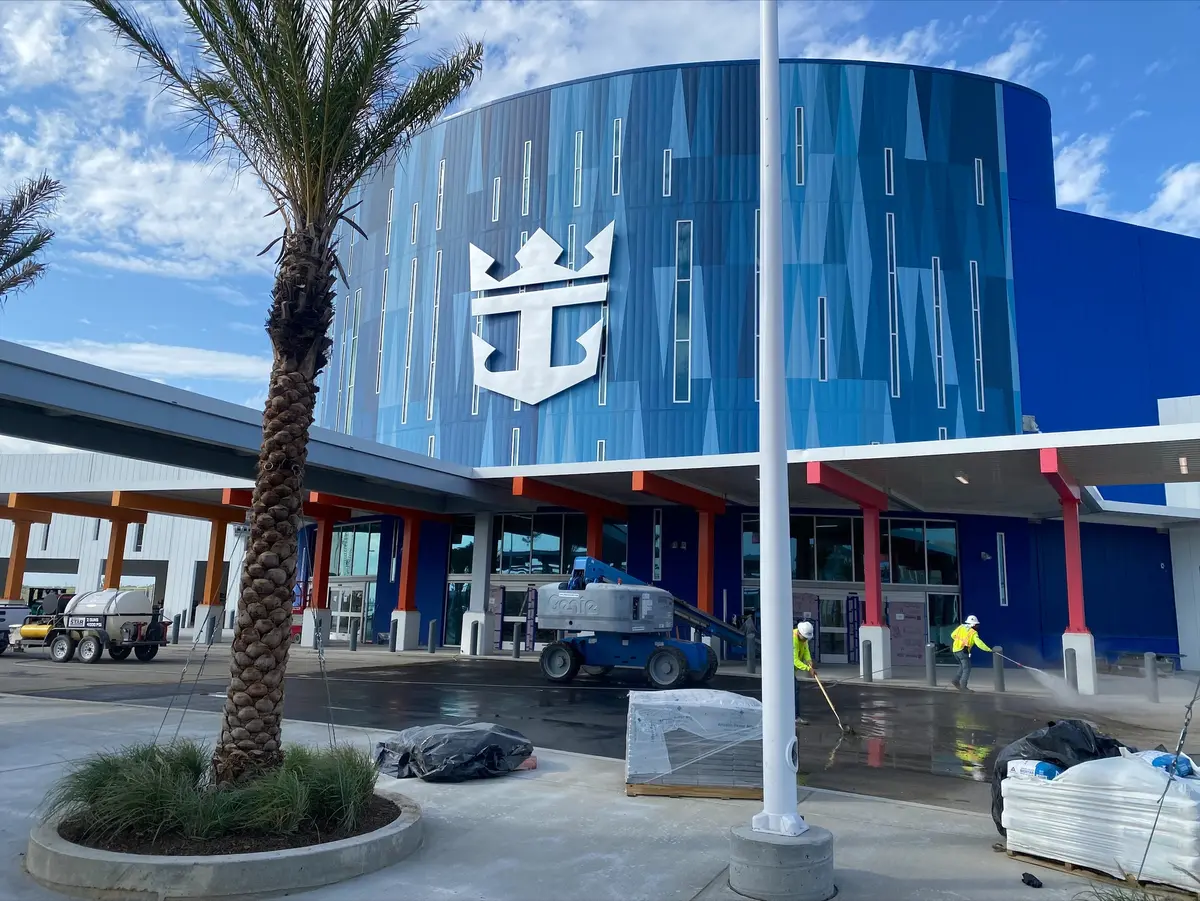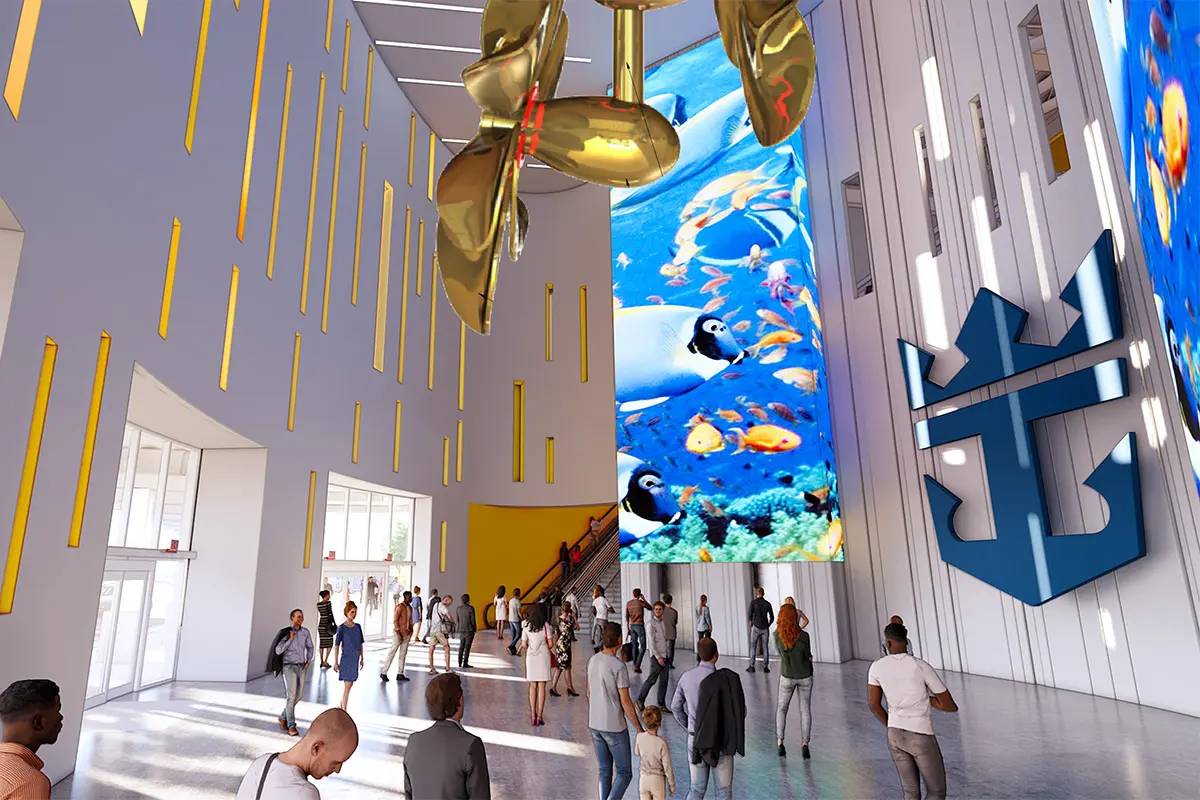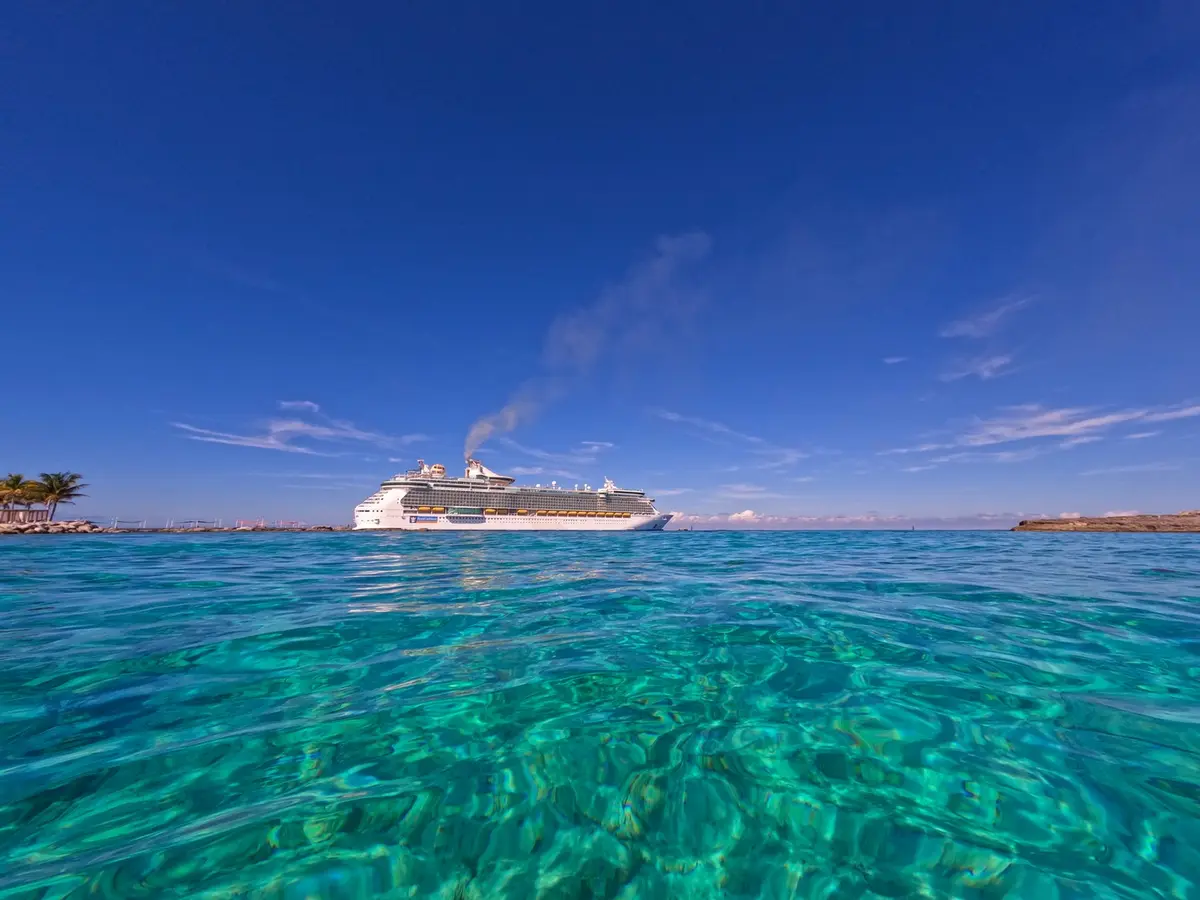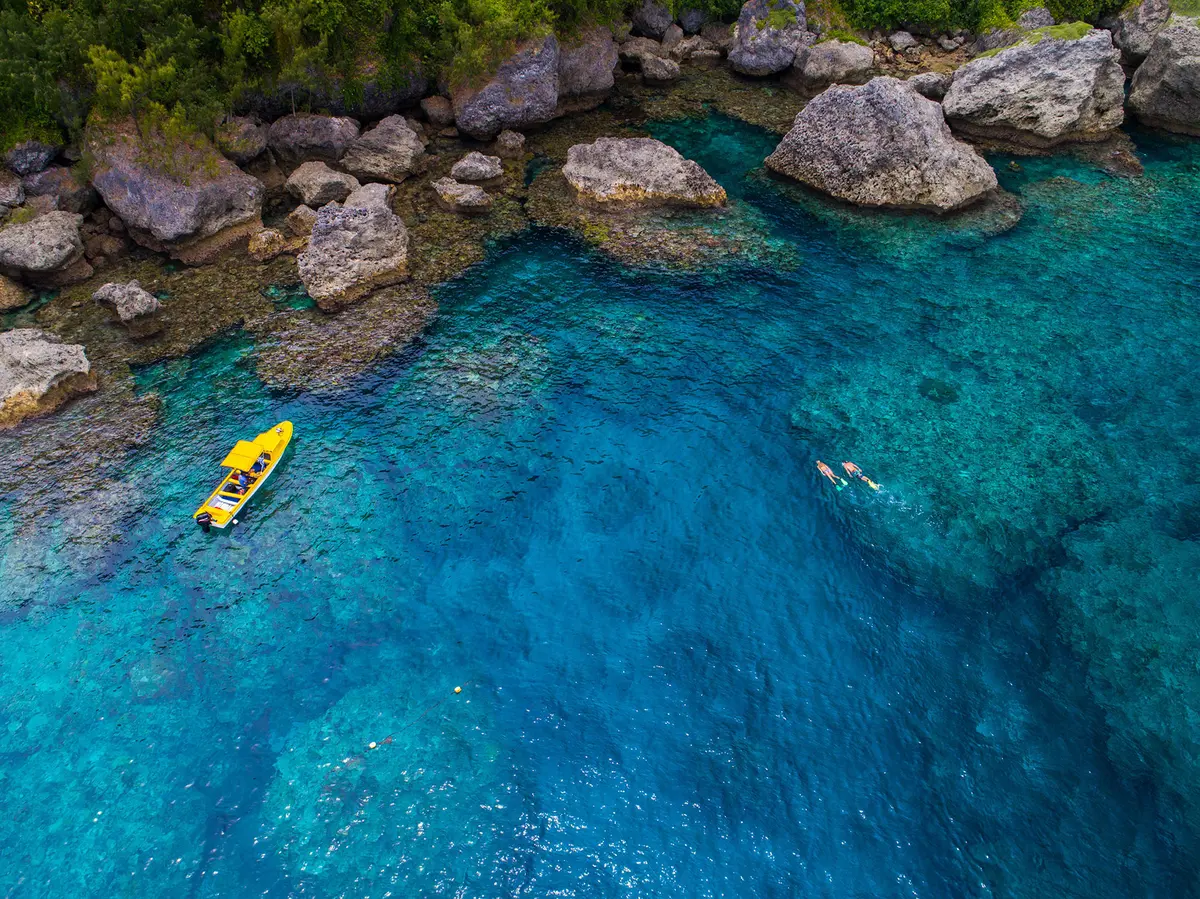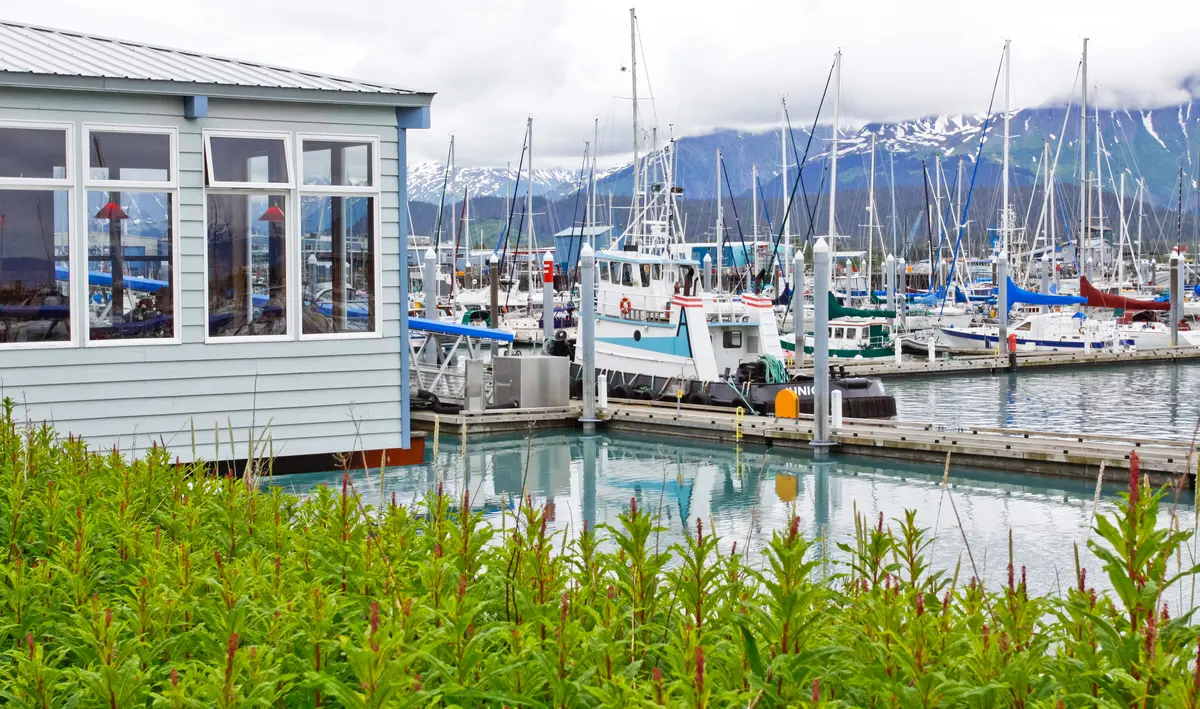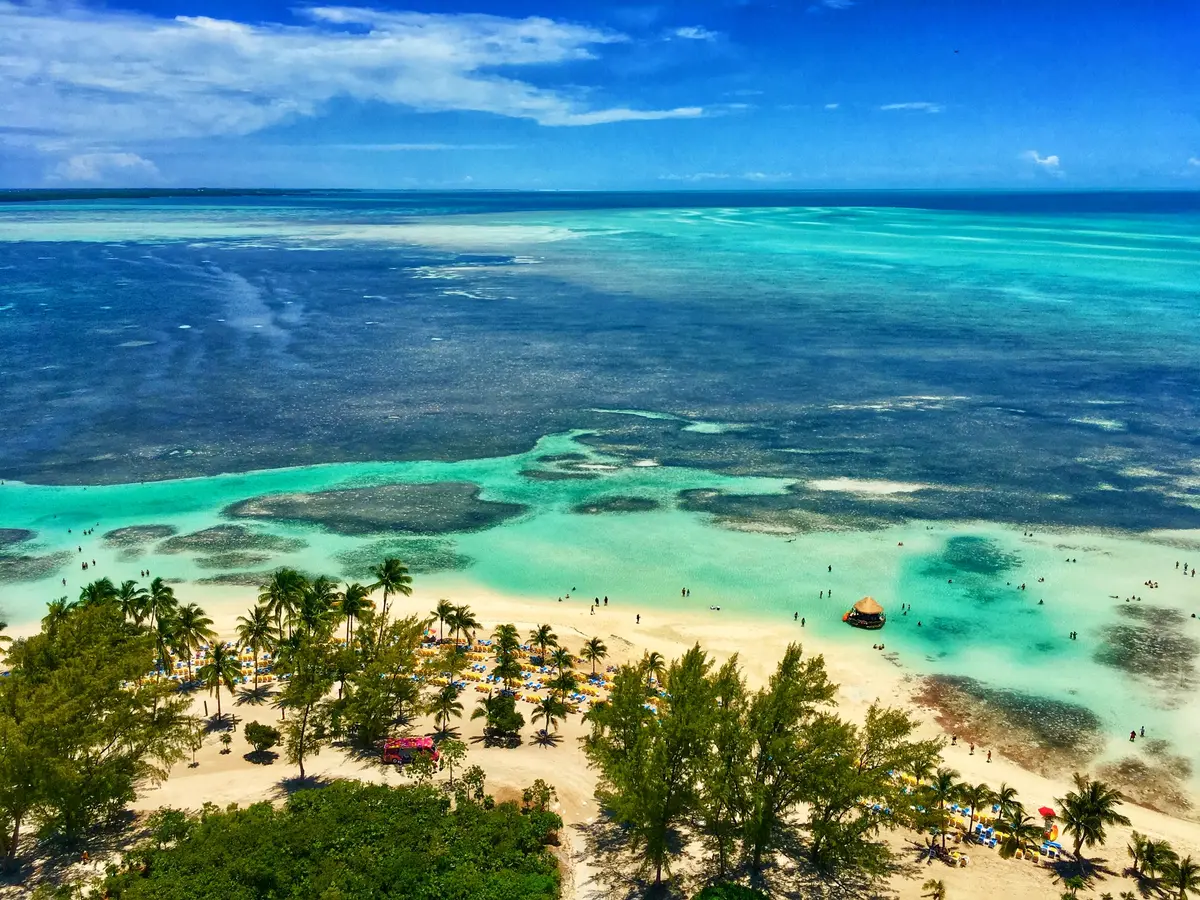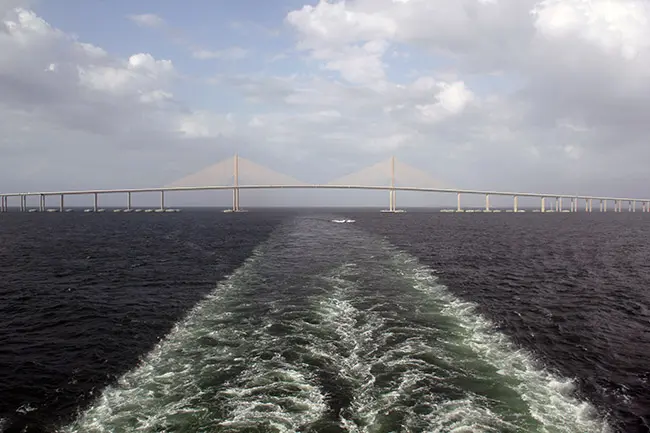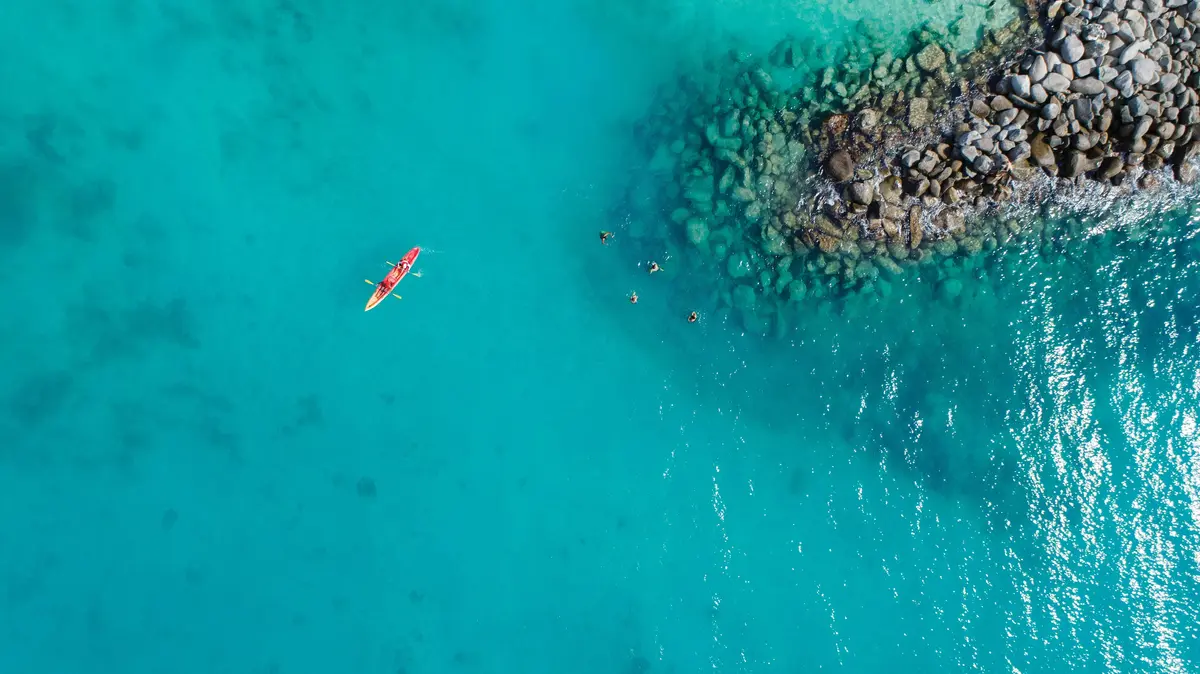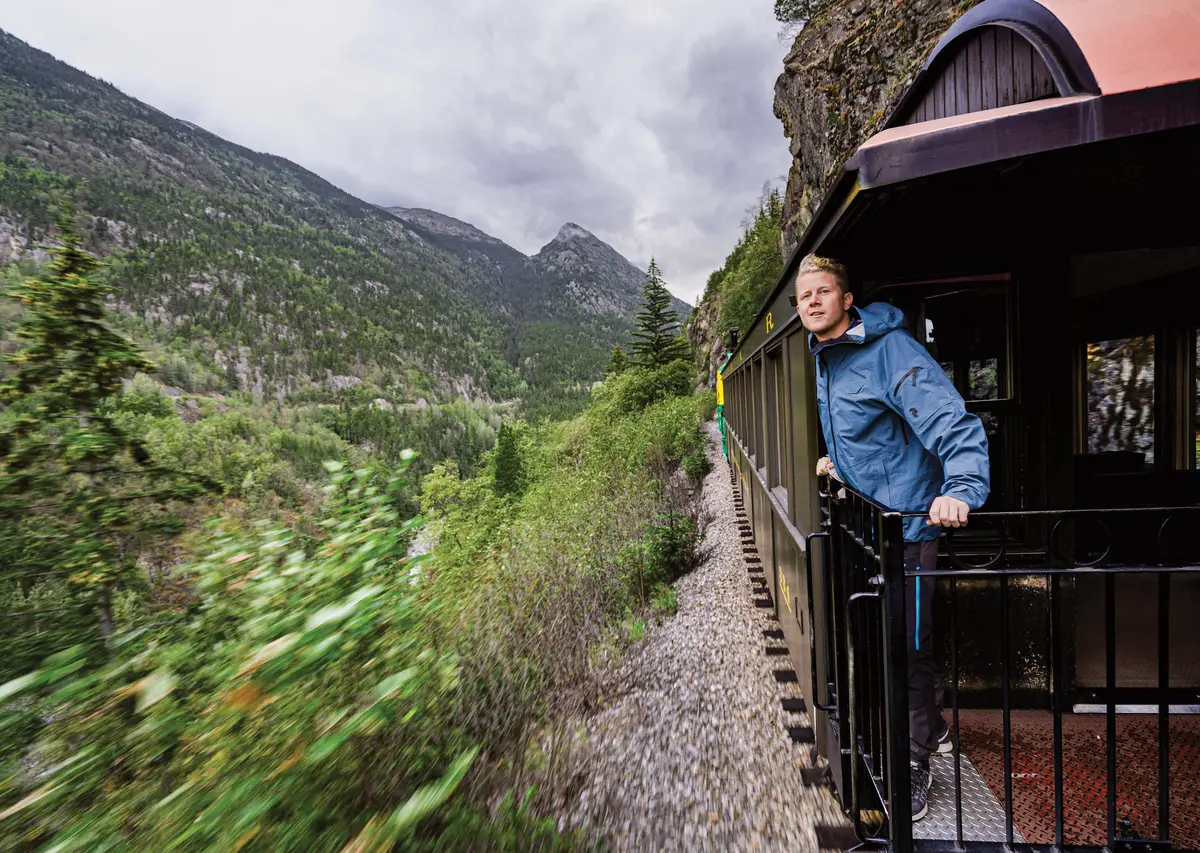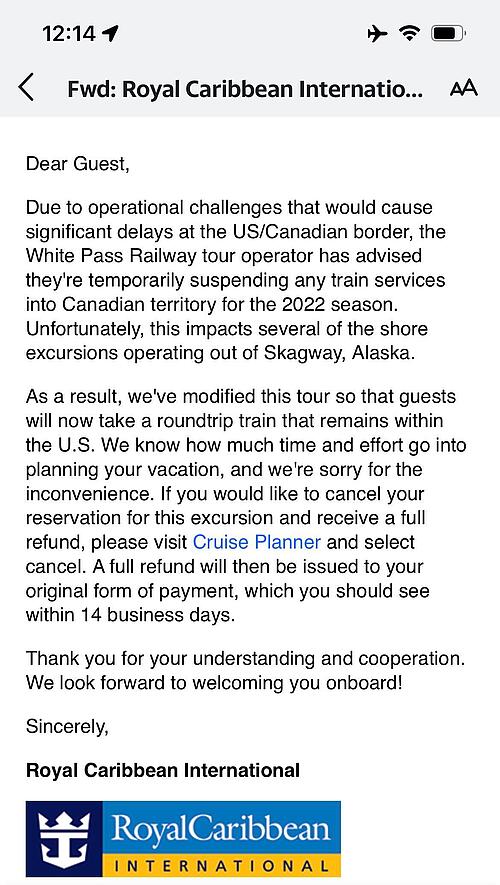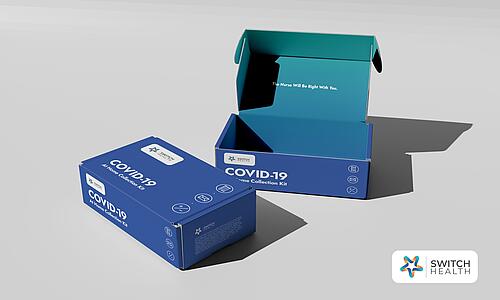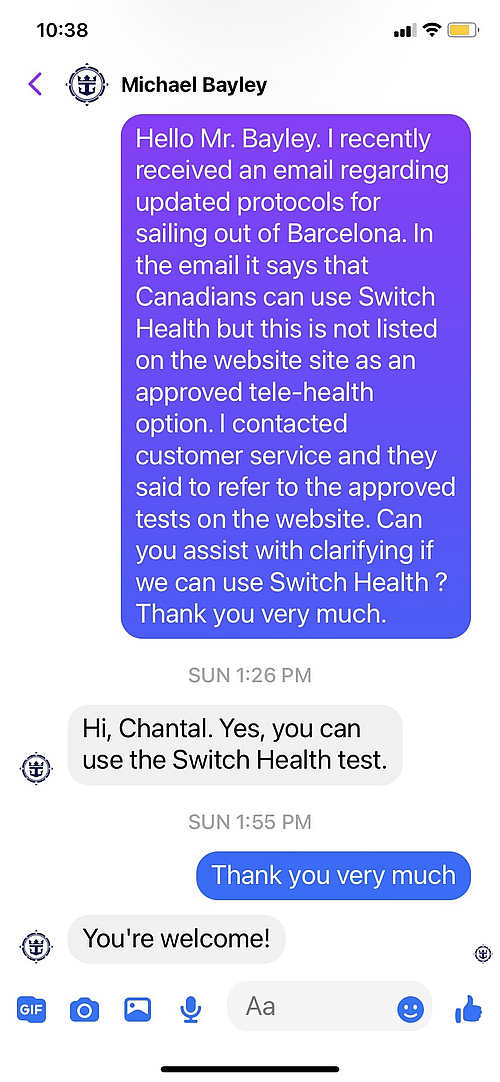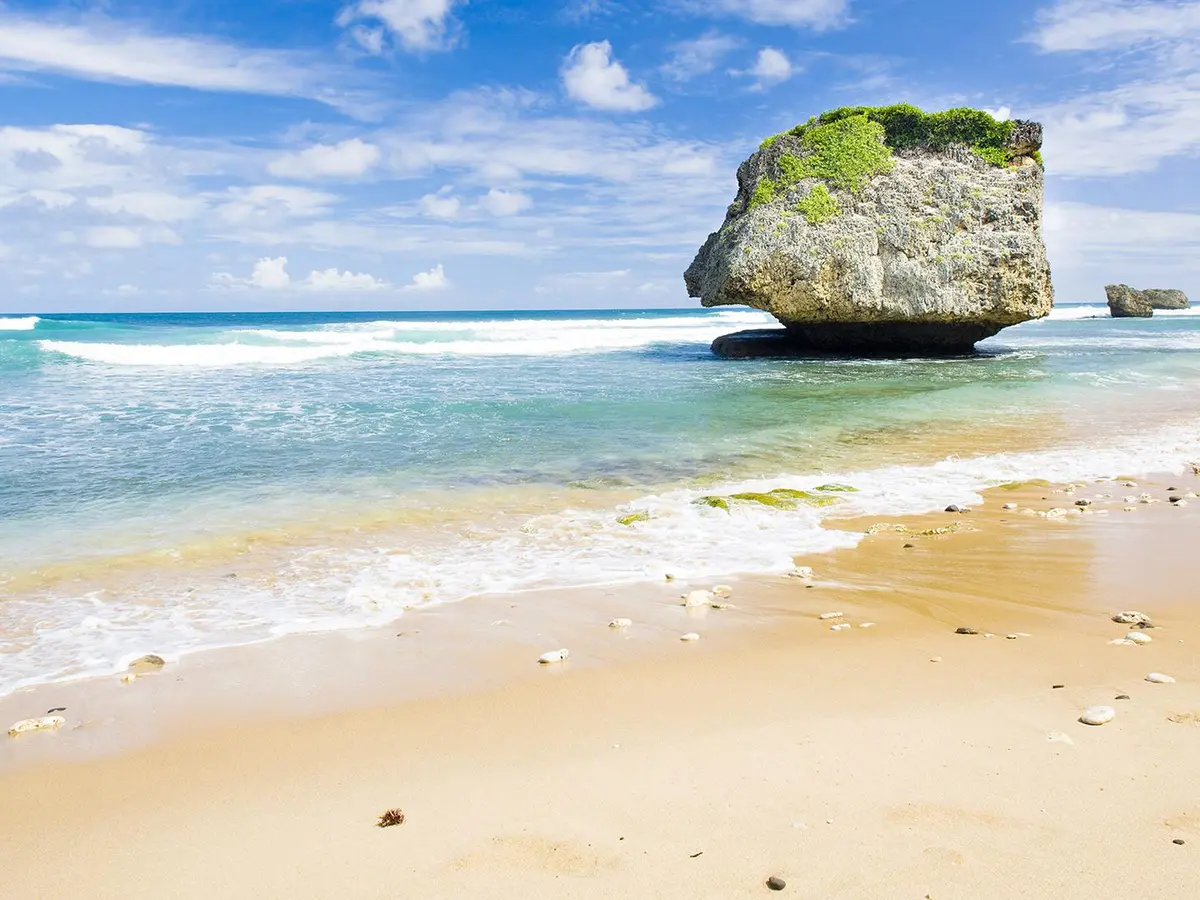Cruise ships are always evolving, including how to power them.
In a world growing more aware of the importance of protecting the environment, cruise lines are holding themselves to a higher standard.
Royal Caribbean has its own net zero carbon emission goals, and its newest cruise ships rely on new fuel sources to power them. They're even using biofuels on some ships, as well as launching the first waste-to-energy system on a cruise ship.
However, the work isn't complete and the ultimate goal of a clean burning fuel unreached.
At a Q&A session on the 2024 President's Cruise, a passenger named Bridget asked, "What is the top thing Royal Caribbean is working on towards [its] environmental impact?"
Michael Bayley, President and CEO of Royal Caribbean International, told passengers that the cruise line is committed to sustainability, but can't rely on solutions that don't yet exist.
He was honest about where Royal Caribbean succeeds environmentally and where it needs work.
Royal Caribbean works with the latest research it has at the time
Michael Bayley explained Royal Caribbean's commitment and mindset regarding the environment.
"Everything that we do is put through that lens of trying to be as sensible as we can buy new ships, for example; Icon, Utopia, Star."
Icon of the Seas launched in January of 2024, Utopia of the Seas will have its first voyage in July of 2024, and Star of the Seas is set to arrive in the summer of 2025.
Royal Caribbean has focused on making its new ships as environmentally friendly as possible in tandem with new research providing information.
The three new ships were all made with hybrid engines and can run on a combination of typical marine fuel and LNG (liquified natural gas).
LNG is considered more environmentally friendly because, according to Mr. Bayley, it's about 24% better in carbon footprint than marine fuel.
"We are committed to making the journey to carbon neutrality," he said.
"Over time, we set goals for 2030."
Read more: Royal Caribbean's next-gen cruise ship will advance goal of creating sustainable cruising
Although LNG is considered better for the environment, it's not perfect.
Liquified natural gas has also been criticized for leaking when it's transferred between tanks.
"When decisions are made on building ships, they're made with the information that's available at the time. And of course, the information at the time when we signed contracts to build ships is different from how it looks today," Michael Bayley said.
Although Royal Caribbean builds its new ships with the newest technology they're aware of, the information changes from year to year.
Cruise ships can be built in 18-12 months, but they take years to come to fruition. Icon of the Seas, for example, was conceived before 2016 and finally launched in 2024.
With these long timelines, information can change over the years.
"In five years, how we do this is going to look different as well," Mr. Bayley continued.
"There is no magical fuel"
The biggest issue for cruise ship sustainability is fuel. Cruise ships use a massive amount of fuel to power their journeys and amenities onboard.
Michael Bayley touched on this during the Q&A: "The big question is, what is the future fuel for all of this transportation? It's still unknown."
Transportation industries such as cargo ships and airlines are investing in the issue and attempting to find a solution, but there's still not a perfectly sustainable option.
"There is no magical fuel," Mr. Bayley said, and he believes "that's the formula for success in the future."
Five to ten years ago, LNG was viewed as the solution to creating a more sustainable fuel. But now it's not considered the best option.
Read more: Which Royal Caribbean ships are powered by LNG?
Mr. Bayley also addressed other options that are still being developed, such as methanol and fuel cells.
He didn't make a mention of the new biofuel Royal Caribbean has been testing on its ships.
However, none of these options are viable for cruise ships yet.
The entire marine industry is working on a solution
And before you consider boycotting cruise ships for their lack of sustainable fuel, it's important to consider the big picture.
When it comes to environmental issues, Mr. Bayley pointed out that the whole world "is on the same journey" to carbon neutrality.
Many governments and industries are working on the question of sustainable transportation.
Nearly everything we consume in the Western world has arrived by cargo ship, powered by typical marine fuel.
"80% of everything we consume comes on containers," Mr. Bayley said. "The cars we drive, the clothes we wear, the water we drink."
Typically, these items come by ship or rail, so there's no getting away from the question of carbon-neutral fuel.
Fuel is a big question for the entire marine industry, and Royal Caribbean is committed to figuring out a sustainable answer.
"I can assure you we're committed to that," Mr. Bayley told passengers on the President's Cruise.
"We are working diligently, not only as a company but [also] within the industry and within the larger sector of the maritime industry, which is vast."
He also urged listeners to check out Royal Caribbean's sustainability report on the website, which describes all of the cruise line's efforts in detail.
Royal Caribbean has more sustainable waste management than cities on land
Royal Caribbean understands its responsibility to the environment and has done an excellent job at managing waste onboard its ships.
Just 7% of the waste onboard Royal Caribbean ships ends up in the landfill.
The rest is recycled, incinerated, or turned into purified water that can be dumped in the ocean.
"I would challenge any city in Europe or the world to have a better, more advanced technology than we have onboard," Mr. Bayley said.
"Now, if you went home and understood how much of your waste is going into a landfill, I'm going to bet it's a lot more than 7%."
According to the Trash in America report by Frontier Group, 52.6% of trash in the United States is thrown in landfills or otherwise combusted without energy recovery.
Read more: Royal Caribbean's newest cruise ships will convert waste to energy
